The Art Deco style was a popular choice for bedroom furniture in the 1930s. It was characterized by bold geometric shapes, luxurious materials, and a sleek, modern look. This style reflected the glamour and extravagance of the time, with its focus on opulence and sophistication. Art Deco furniture often featured bold colors and intricate details, making it a statement piece in any bedroom. Some popular Art Deco furniture pieces from the 1930s include mirrored dressers, velvet-upholstered bed frames, and chrome nightstands.Art Deco
Streamline Moderne, also known as Art Moderne, was a design movement that emerged in the 1930s. It was influenced by the sleek, aerodynamic shapes of trains and cars and aimed to bring a sense of modernity and efficiency to furniture design. This style was characterized by curved lines, smooth surfaces, and a lack of ornate details. In bedrooms, Streamline Moderne furniture often included low-profile bed frames, streamlined dressers, and metal accents.Streamline Moderne
The Bauhaus movement originated in Germany in the early 20th century and had a significant influence on 1930s bedroom furniture styles. It was known for its emphasis on functionality and simplicity, with a focus on clean lines and geometric shapes. Bauhaus furniture often featured a mix of materials, such as wood, metal, and glass, and avoided excessive decoration. Some popular Bauhaus bedroom furniture pieces from the 1930s include platform beds, minimalist dressers, and angular armchairs.Bauhaus
The Mid-Century Modern style emerged in the 1930s and remained popular well into the 1950s. It was characterized by a fusion of traditional and modern design elements, with a focus on functionality and simplicity. This style often featured clean lines, organic shapes, and natural materials. Some popular Mid-Century Modern bedroom furniture pieces from the 1930s include low-profile bed frames, teak dressers, and Eames-style lounge chairs.Mid-Century Modern
Chippendale furniture originated in the 18th century but experienced a revival in the 1930s. This style was named after English furniture maker Thomas Chippendale and was known for its intricate carvings and ornate details. Chippendale furniture often featured dark wood finishes and elegant curves, giving it a classic and luxurious feel. In bedrooms, Chippendale furniture was often seen in the form of four-poster beds, upholstered armchairs, and intricately carved dressers.Chippendale
Queen Anne furniture was also a revival style in the 1930s, inspired by the furniture of the early 18th century. It was known for its graceful curves, delicate details, and use of light-colored woods. This style exuded elegance and femininity, with its curved lines and ornate embellishments. In bedrooms, Queen Anne furniture often included high-poster beds, curved nightstands, and floral-patterned upholstery.Queen Anne
The French Provincial style was popular in the 1930s, influenced by the romantic and rustic furniture of the French countryside. It was characterized by ornate carvings, curved lines, and a mix of wood and metal materials. This style exuded a sense of charm and elegance, with its delicate details and soft color palettes. In bedrooms, French Provincial furniture often included sleigh beds, ornate dressers, and curved armchairs.French Provincial
The Colonial Revival style was another popular choice for bedroom furniture in the 1930s. It was inspired by the furniture of the American colonies and aimed to bring a sense of tradition and history into the home. This style featured dark wood finishes, intricate carvings, and classic designs. In bedrooms, Colonial Revival furniture often included canopy beds, wooden chests, and wingback chairs.Colonial Revival
The Victorian style, named after the reign of Queen Victoria in the 19th century, was also a popular choice for bedroom furniture in the 1930s. It was known for its ornate details, rich colors, and opulent designs. Victorian furniture often featured luxurious materials, such as velvet and silk, and intricate carvings. In bedrooms, Victorian furniture was often seen in the form of high-back beds, tufted chairs, and ornate dressers with marble tops.Victorian
The Art Nouveau style emerged in the late 19th century and continued to be popular in the 1930s. It was characterized by its flowing, organic lines and nature-inspired designs. Art Nouveau furniture often featured curved lines, floral motifs, and a mix of materials, such as wood, metal, and glass. In bedrooms, Art Nouveau furniture was often seen in the form of curved headboards, stained glass accents, and elaborate armoires.Art Nouveau
Furniture Styles of the 1930s: A Nostalgic Look Back
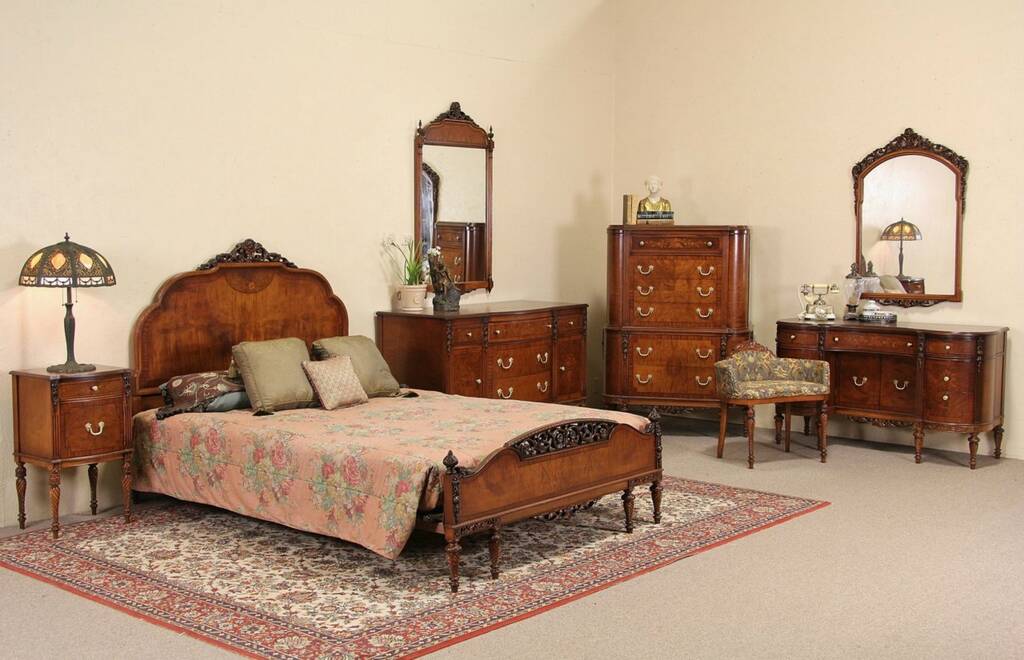
Art Deco Takes Center Stage
 When we think of the 1930s, one of the first things that comes to mind is the iconic Art Deco style. This bold and glamorous design movement heavily influenced bedroom furniture during this era. Art Deco was all about sleek, geometric shapes, luxurious materials, and bold colors.
Bedroom furniture
of the 1930s often featured
bold geometric patterns
on headboards and dressers, as well as
mirrored surfaces
and
metal accents
. This style was a stark departure from the heavy, ornate furniture of the Victorian era, and it brought a sense of modernity and sophistication to bedroom design.
When we think of the 1930s, one of the first things that comes to mind is the iconic Art Deco style. This bold and glamorous design movement heavily influenced bedroom furniture during this era. Art Deco was all about sleek, geometric shapes, luxurious materials, and bold colors.
Bedroom furniture
of the 1930s often featured
bold geometric patterns
on headboards and dressers, as well as
mirrored surfaces
and
metal accents
. This style was a stark departure from the heavy, ornate furniture of the Victorian era, and it brought a sense of modernity and sophistication to bedroom design.
The Rise of Modernism
 While Art Deco was dominating the design world, another movement was gaining popularity in the 1930s: Modernism. This style was all about simplicity, functionality, and minimalism.
Bedroom furniture
influenced by Modernism was characterized by clean lines, natural materials, and a lack of embellishment.
Wood
was a popular choice for furniture, with
lighter woods
such as
maple
and
birch
being favored over the darker, heavier woods of previous decades.
Metal hardware
was also a common feature, adding a touch of industrial flair to these simple yet elegant pieces.
While Art Deco was dominating the design world, another movement was gaining popularity in the 1930s: Modernism. This style was all about simplicity, functionality, and minimalism.
Bedroom furniture
influenced by Modernism was characterized by clean lines, natural materials, and a lack of embellishment.
Wood
was a popular choice for furniture, with
lighter woods
such as
maple
and
birch
being favored over the darker, heavier woods of previous decades.
Metal hardware
was also a common feature, adding a touch of industrial flair to these simple yet elegant pieces.
The Impact of the Great Depression
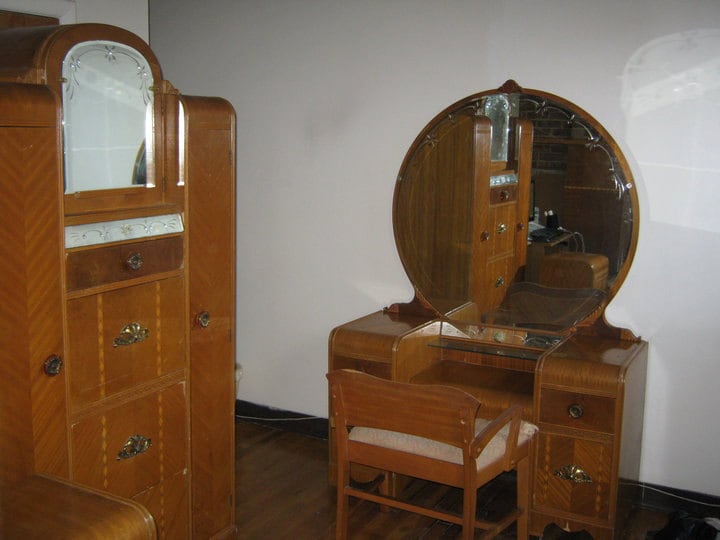 The 1930s were a tumultuous time in history, with the Great Depression having a major impact on the design and production of
bedroom furniture
. With many families struggling financially, there was a shift towards more affordable and practical pieces. This led to the rise of
utilitarian styles
such as
streamline moderne
, which focused on functionality and efficiency rather than ornate details.
Bedroom sets
during this time often consisted of a simple bed, a dresser, and a nightstand, reflecting the need for practicality and simplicity.
The 1930s were a tumultuous time in history, with the Great Depression having a major impact on the design and production of
bedroom furniture
. With many families struggling financially, there was a shift towards more affordable and practical pieces. This led to the rise of
utilitarian styles
such as
streamline moderne
, which focused on functionality and efficiency rather than ornate details.
Bedroom sets
during this time often consisted of a simple bed, a dresser, and a nightstand, reflecting the need for practicality and simplicity.
A Timeless Influence
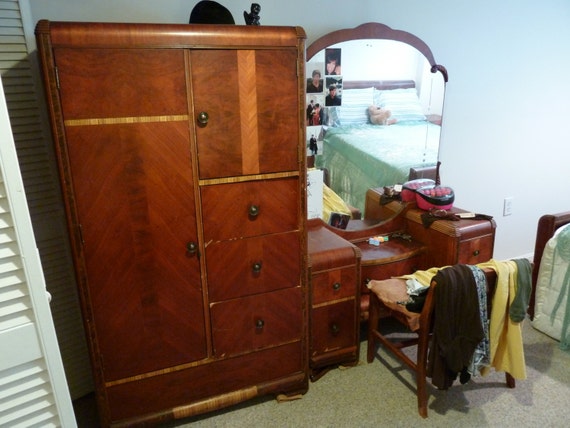 Although the 1930s are long gone, the styles and designs of this era continue to inspire and influence
bedroom furniture
today. The bold and glamorous Art Deco aesthetic has made a comeback in recent years, with its iconic geometric shapes and luxurious materials still captivating designers and homeowners alike. The minimalist and functional designs of Modernism have also stood the test of time, as people continue to appreciate the simplicity and elegance of these pieces.
Bedroom furniture
styles of the 1930s may have been a product of their time, but their impact and influence on design continue to be felt today.
Although the 1930s are long gone, the styles and designs of this era continue to inspire and influence
bedroom furniture
today. The bold and glamorous Art Deco aesthetic has made a comeback in recent years, with its iconic geometric shapes and luxurious materials still captivating designers and homeowners alike. The minimalist and functional designs of Modernism have also stood the test of time, as people continue to appreciate the simplicity and elegance of these pieces.
Bedroom furniture
styles of the 1930s may have been a product of their time, but their impact and influence on design continue to be felt today.
In conclusion, the 1930s were a time of great change and innovation in the world of bedroom furniture . From the bold and glamorous Art Deco to the simple and functional Modernism, these styles have left a lasting impression on the design world and continue to inspire and influence us today.


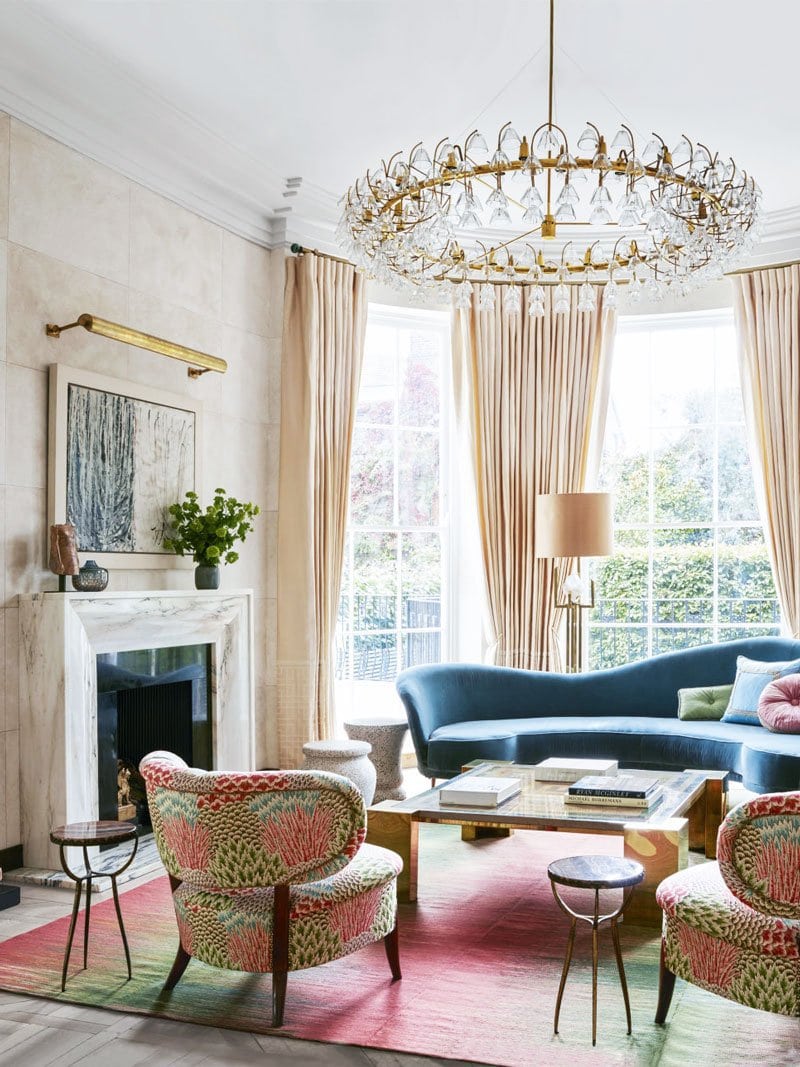

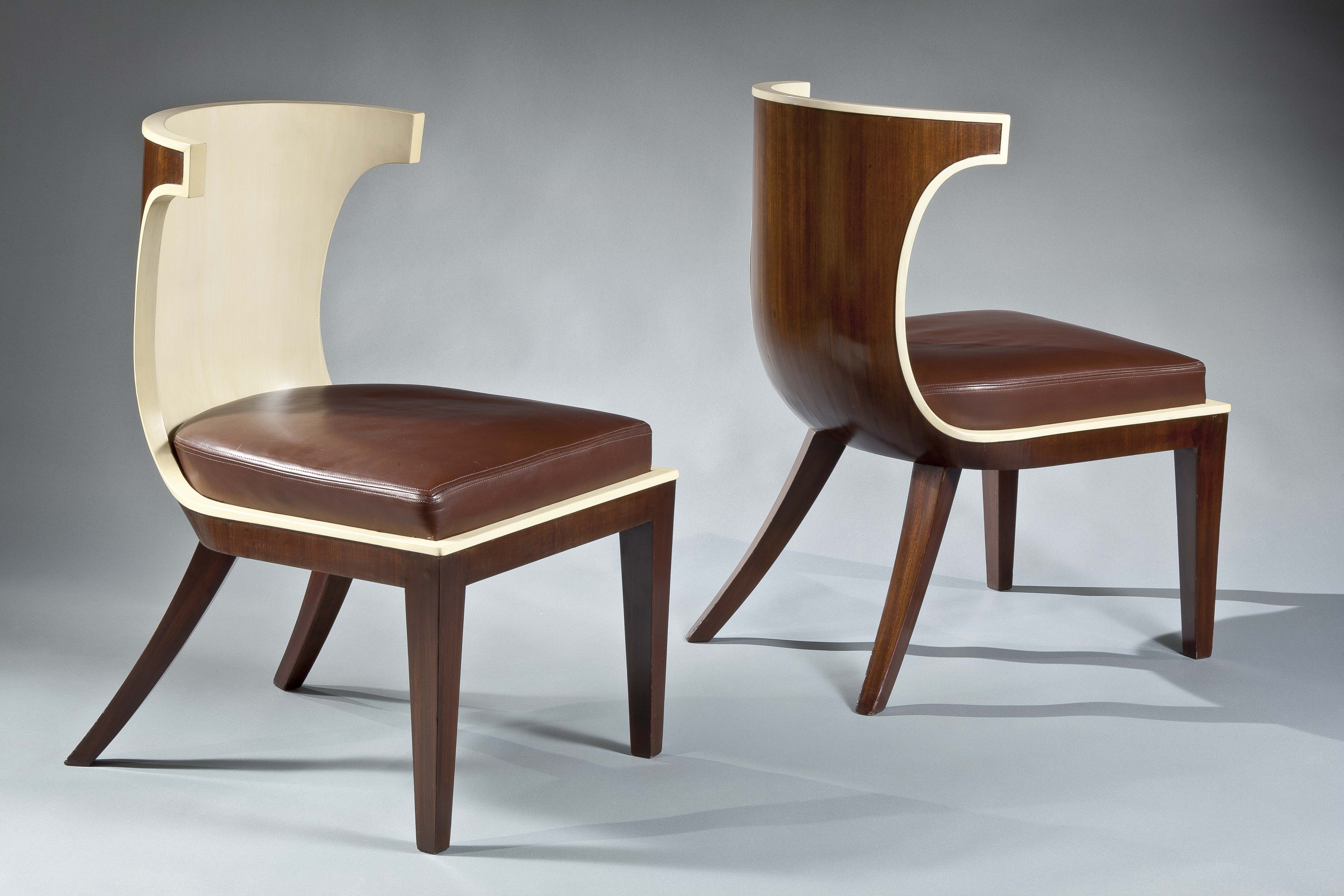
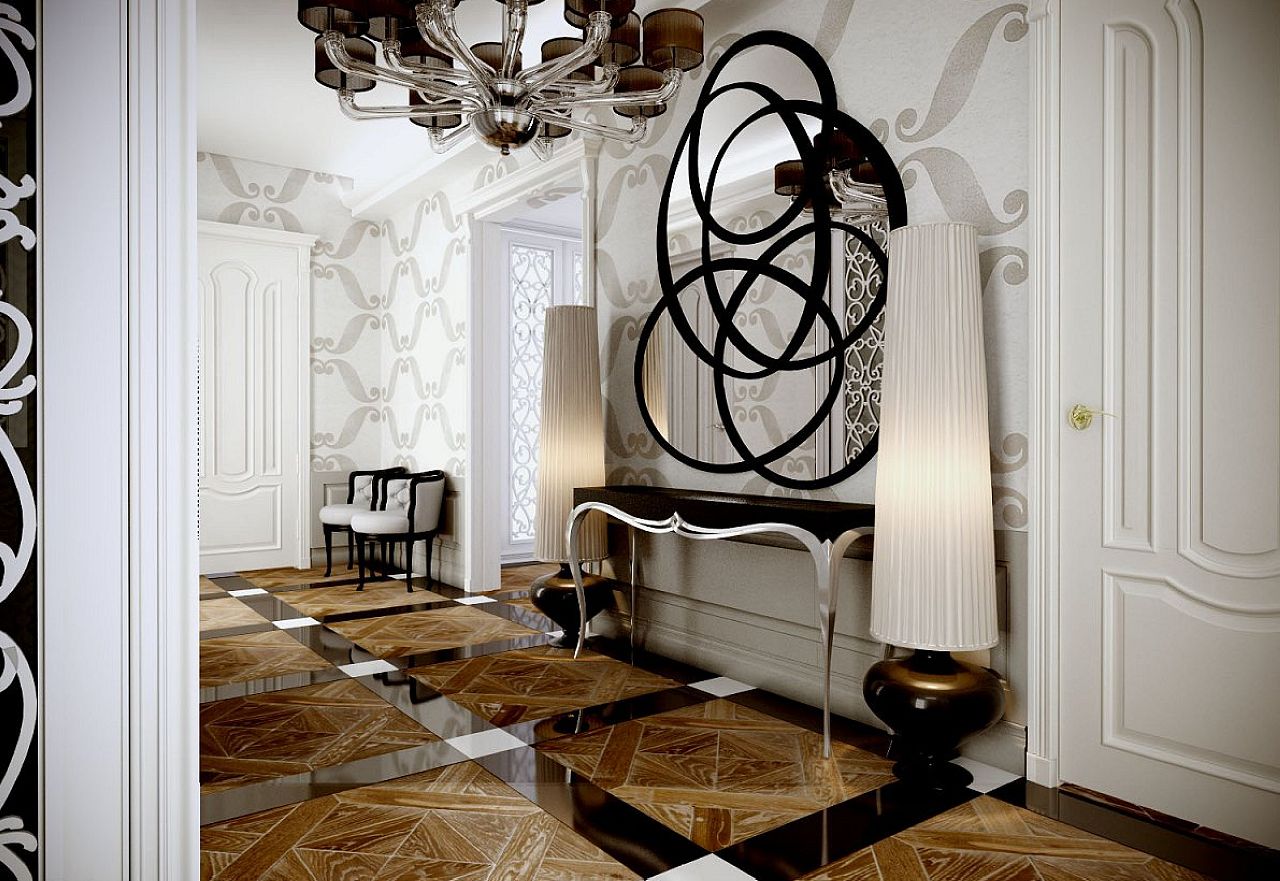
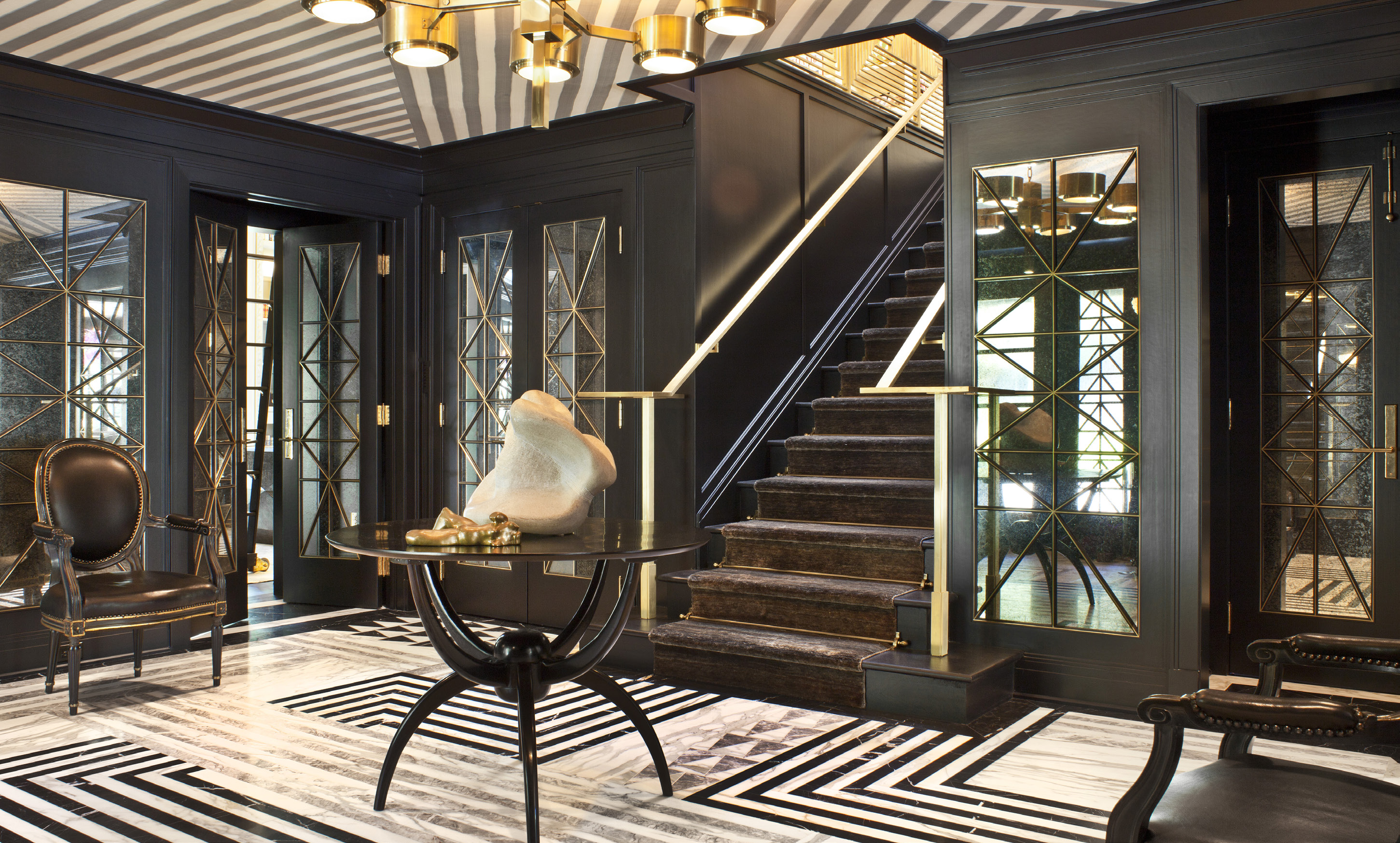












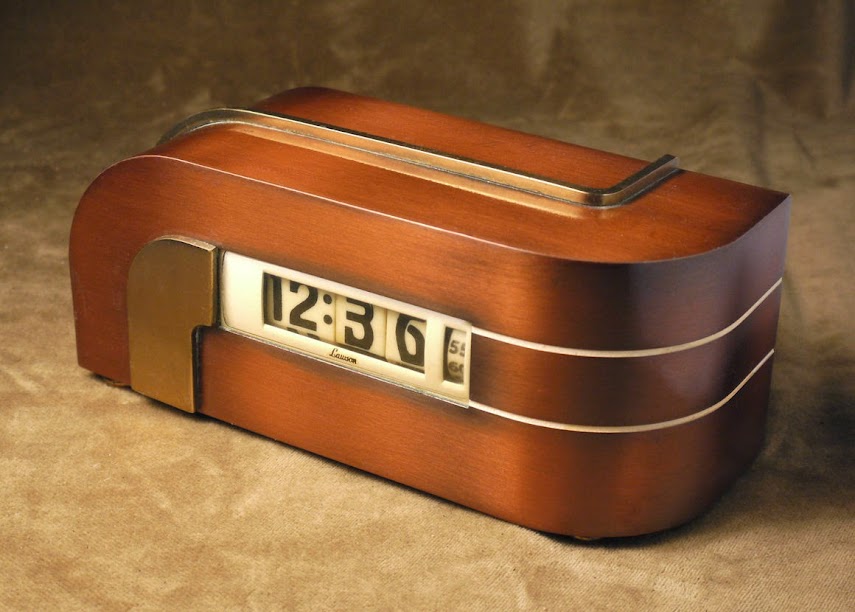













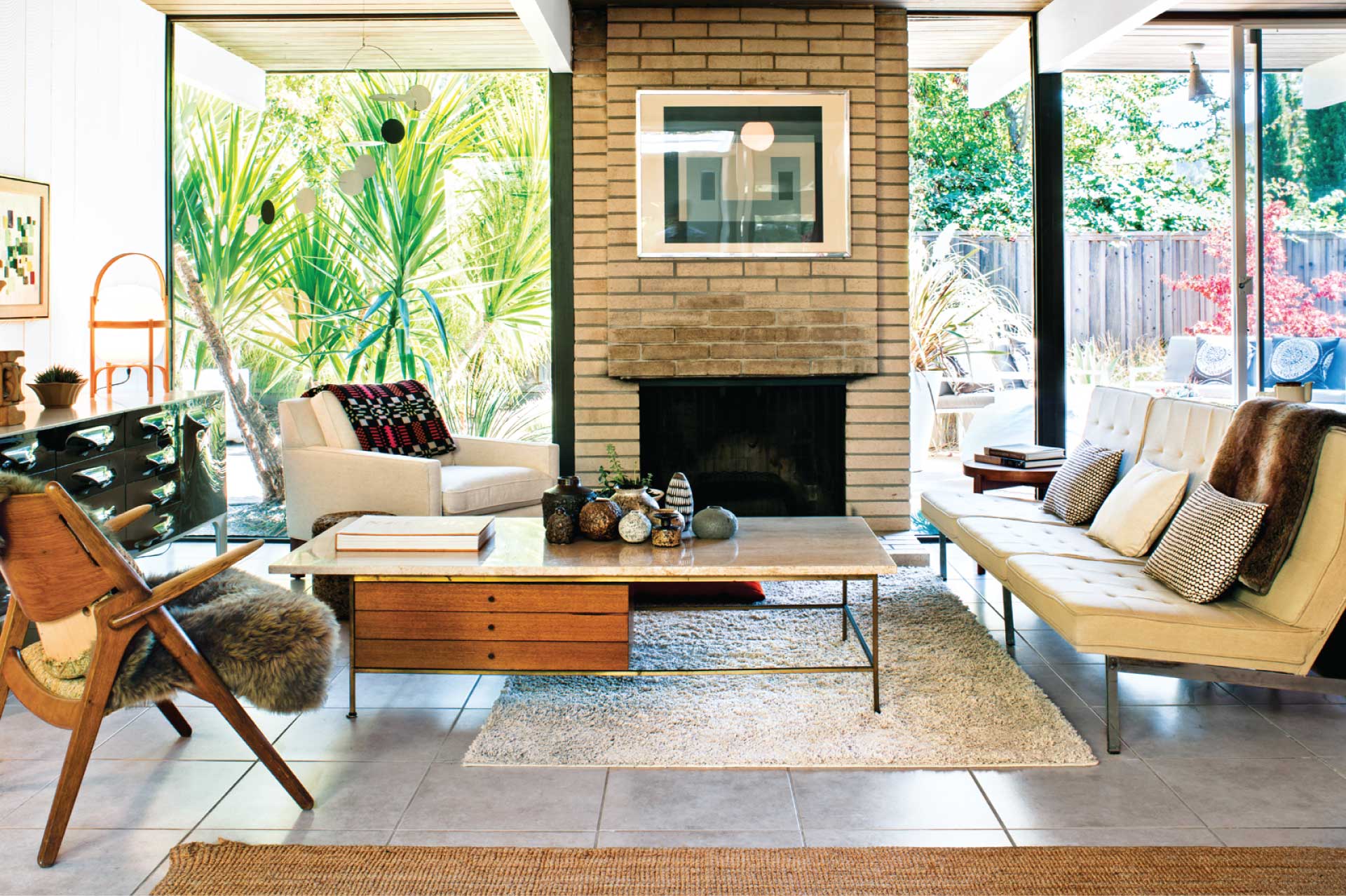
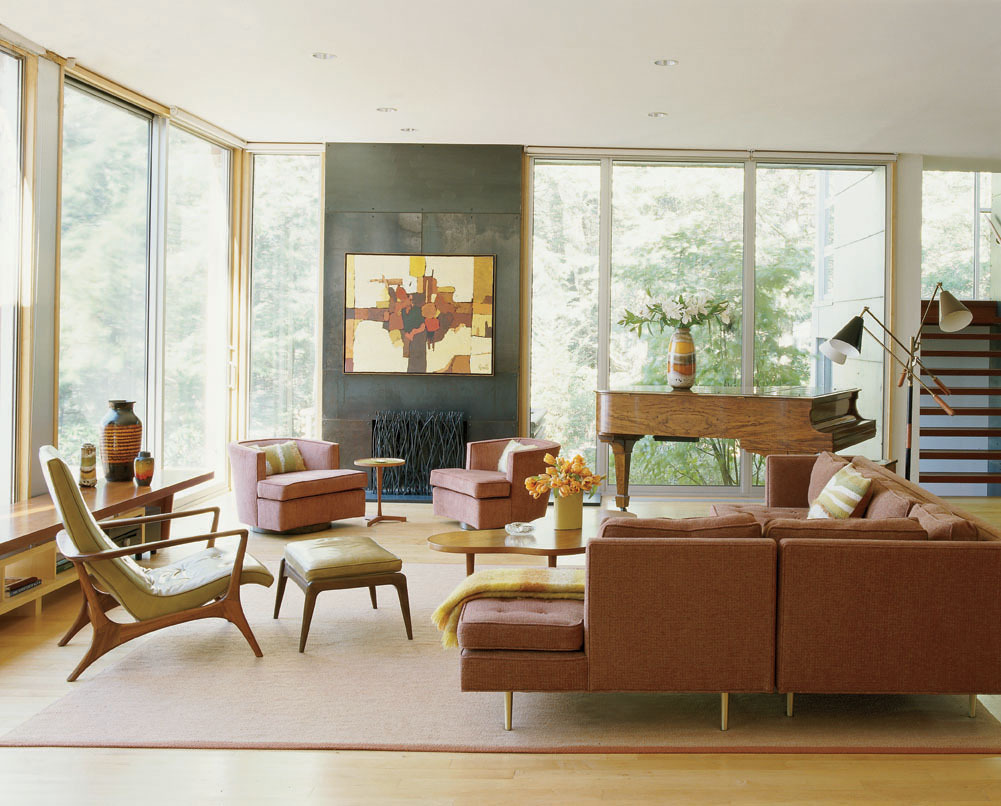

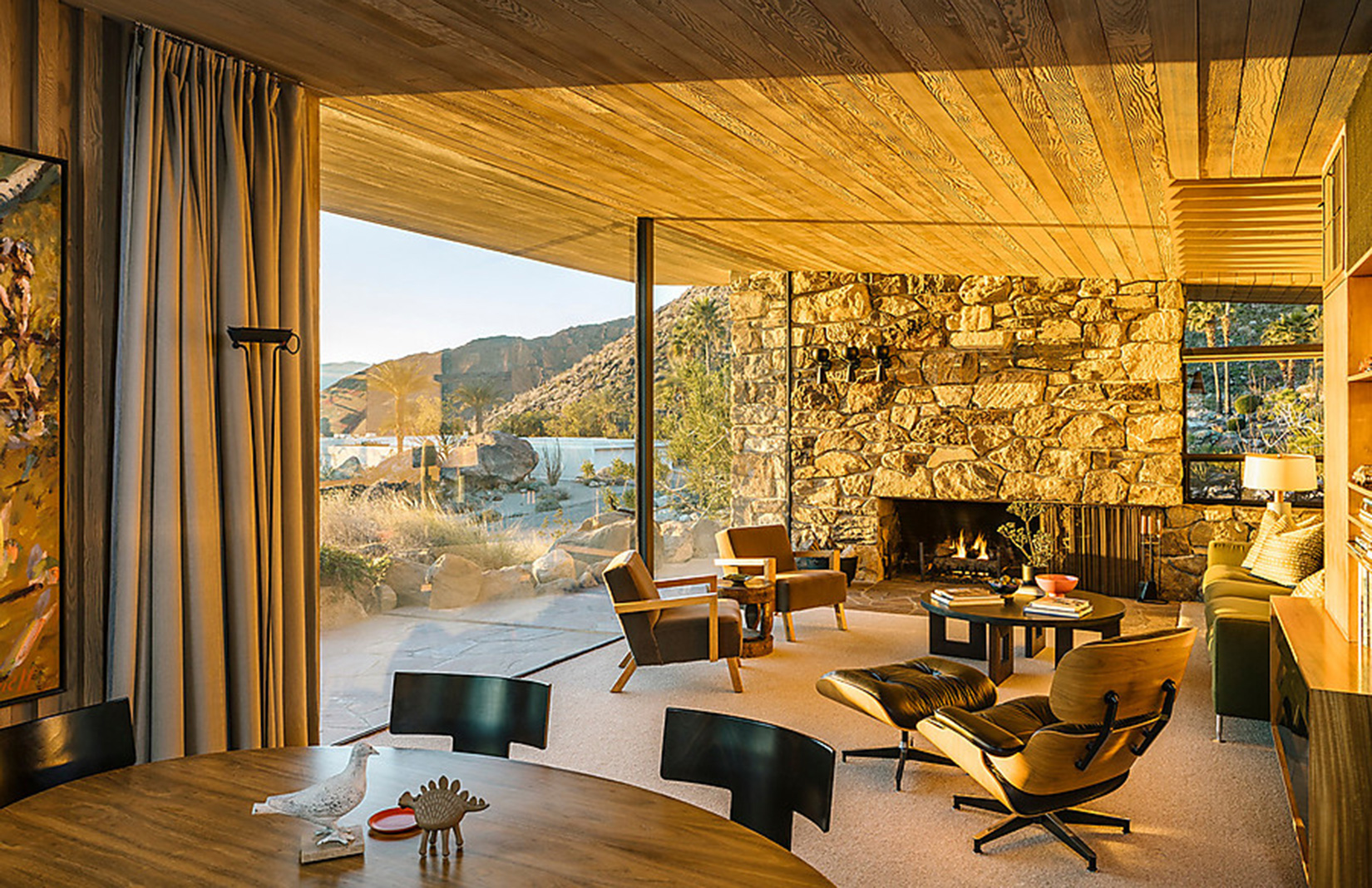


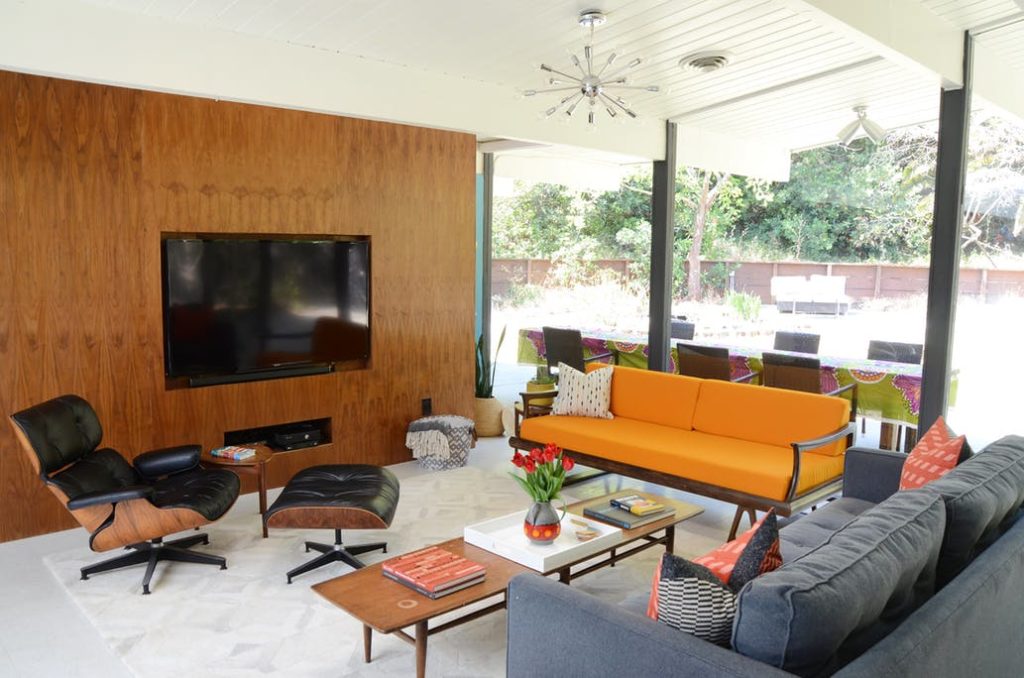
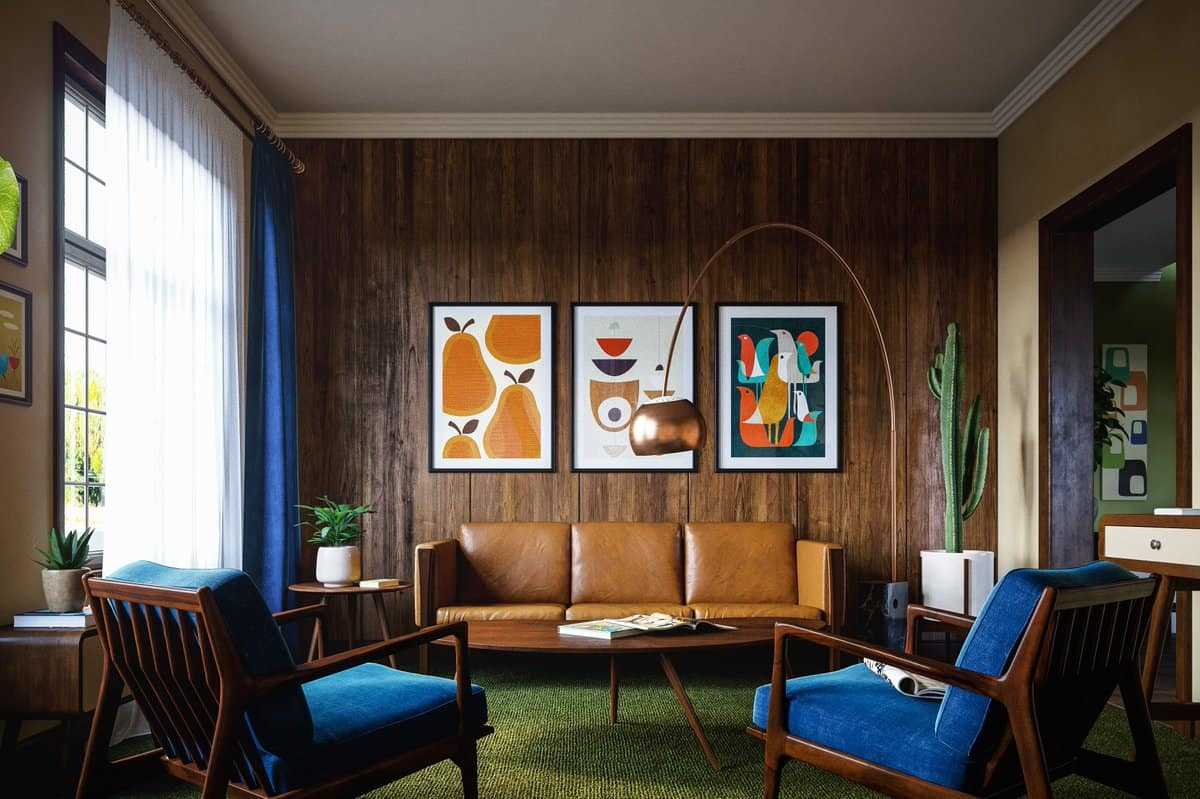
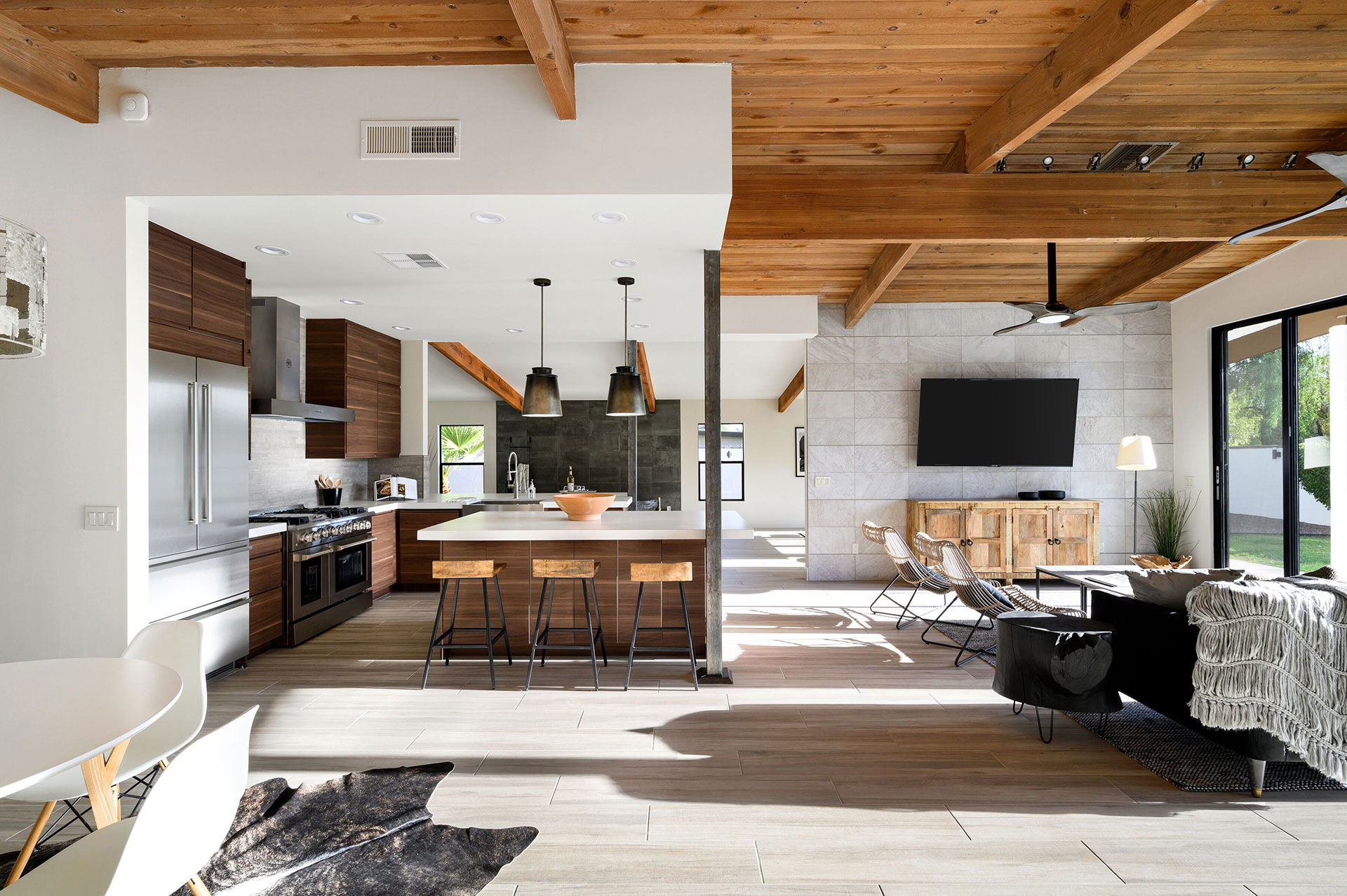



/ChippendaleChair-589d20623df78c4758af26dd.jpg)







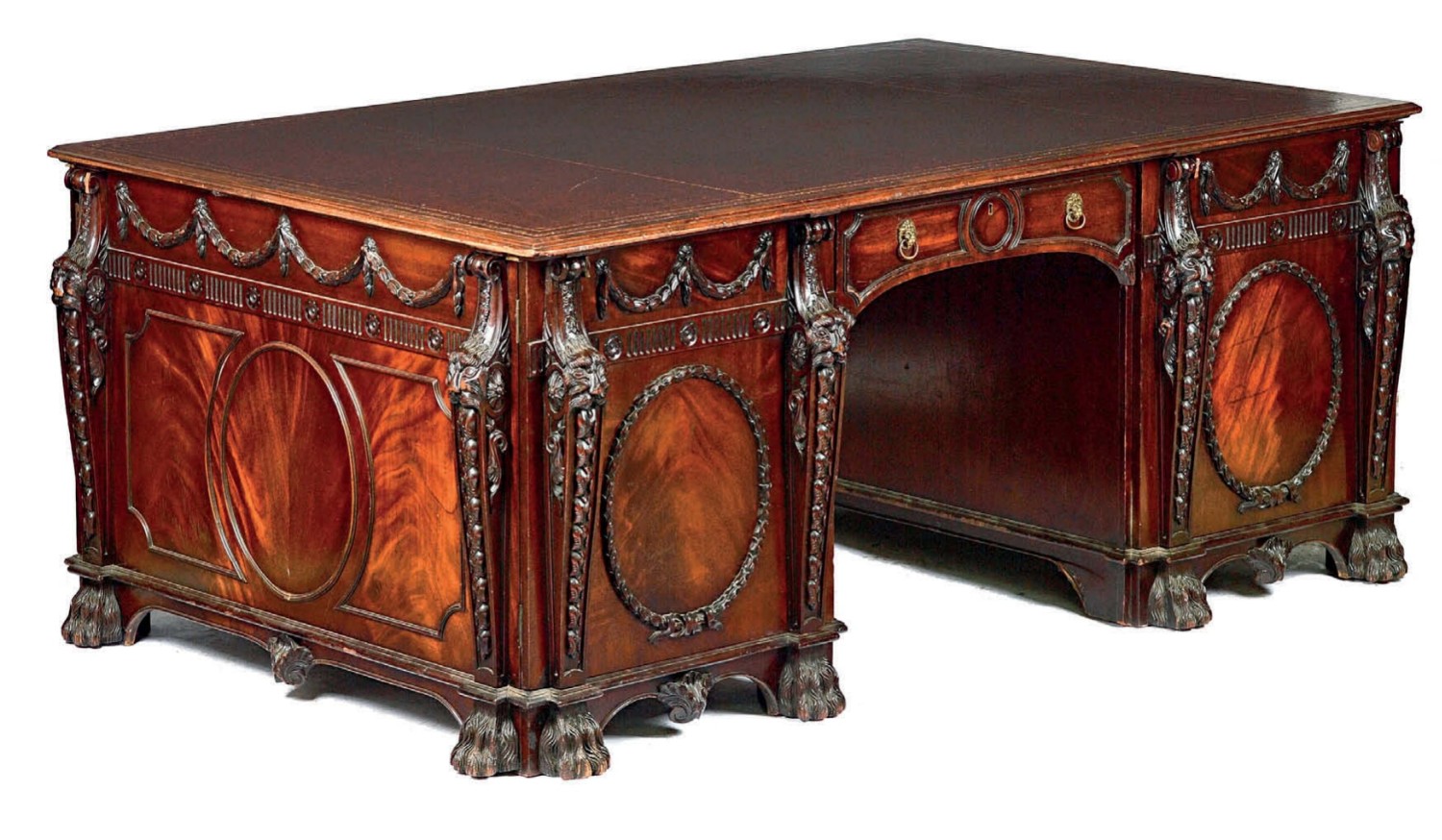

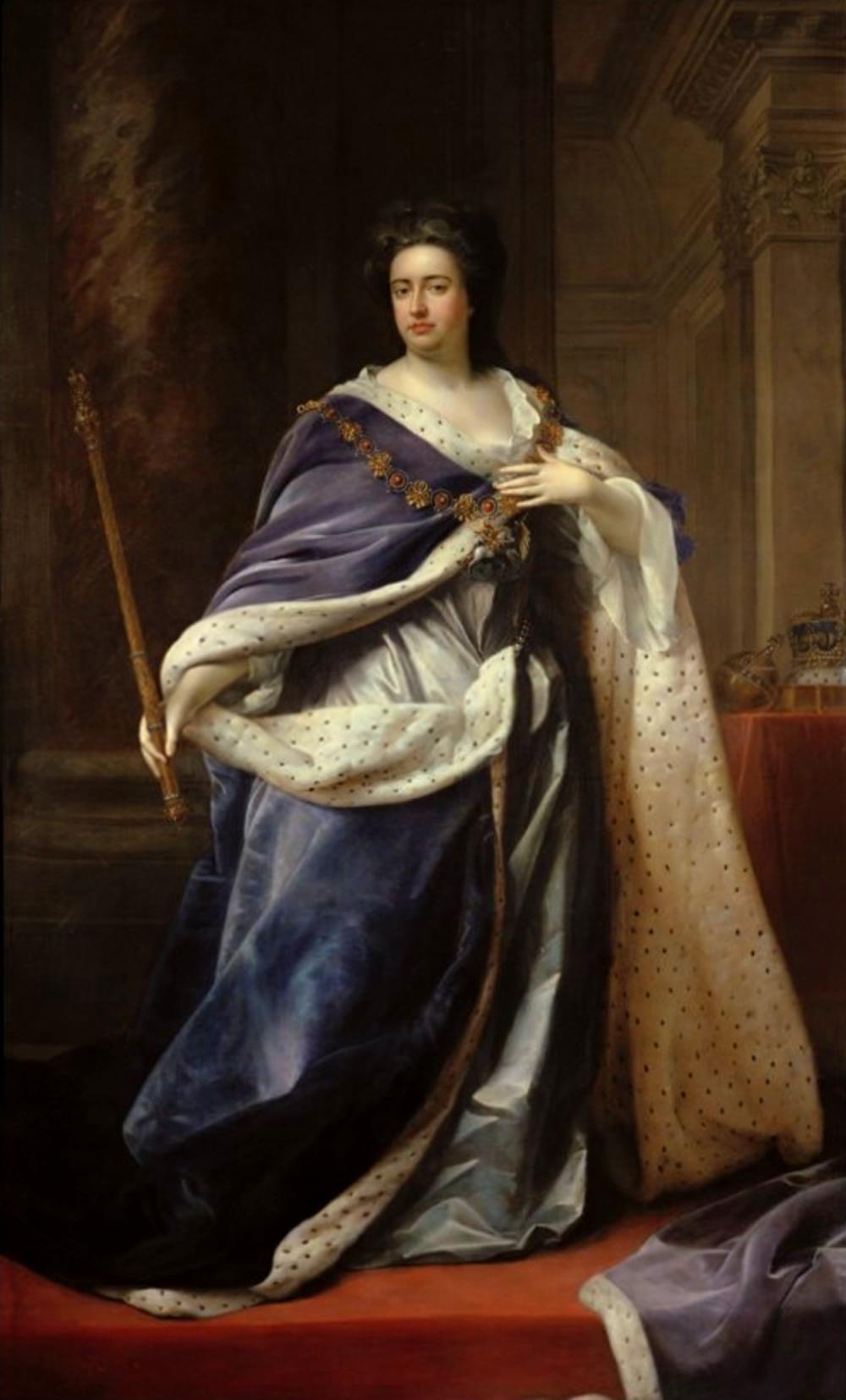
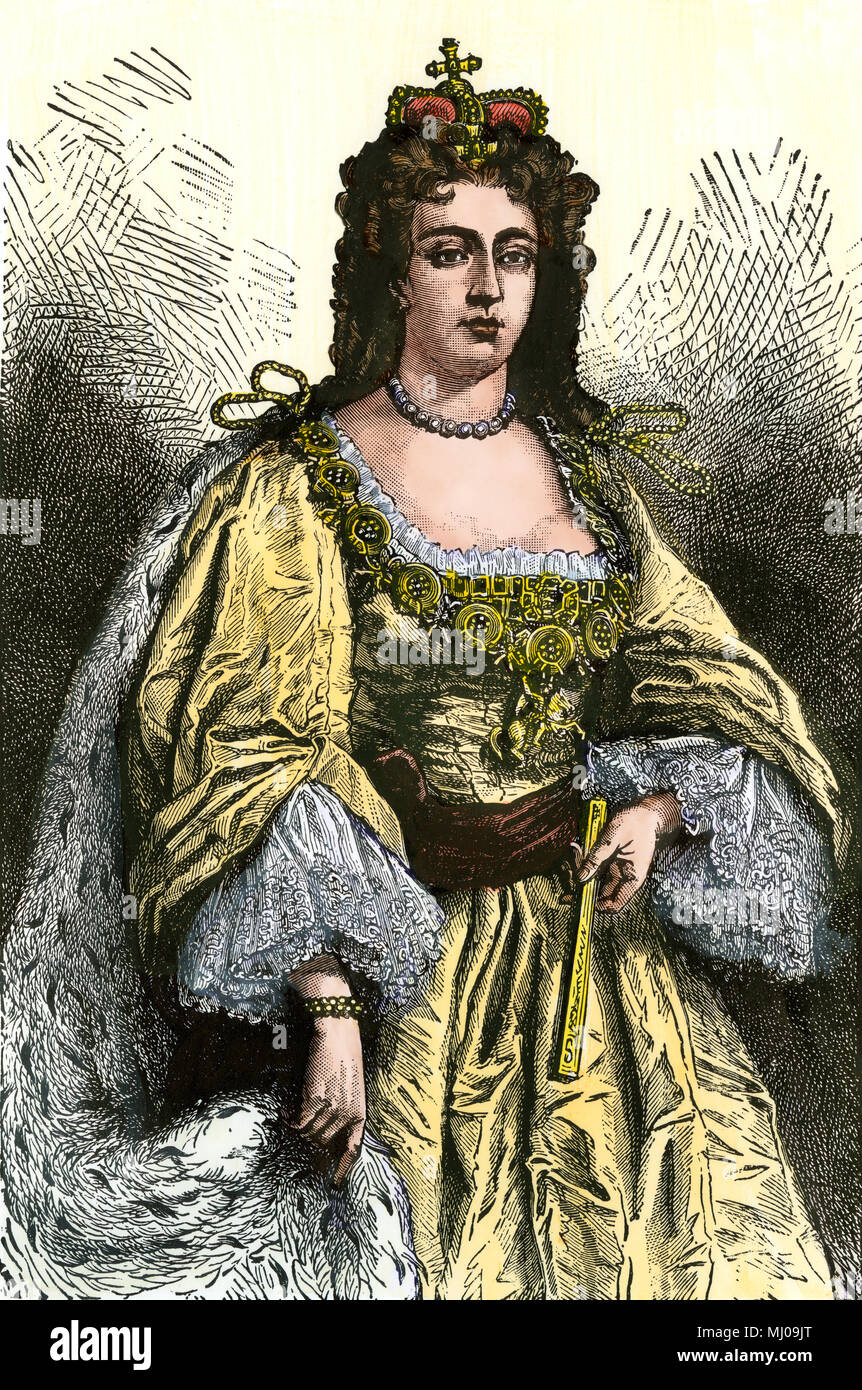

/queenanne4-5b5f413a46e0fb0050b3692f.jpg)

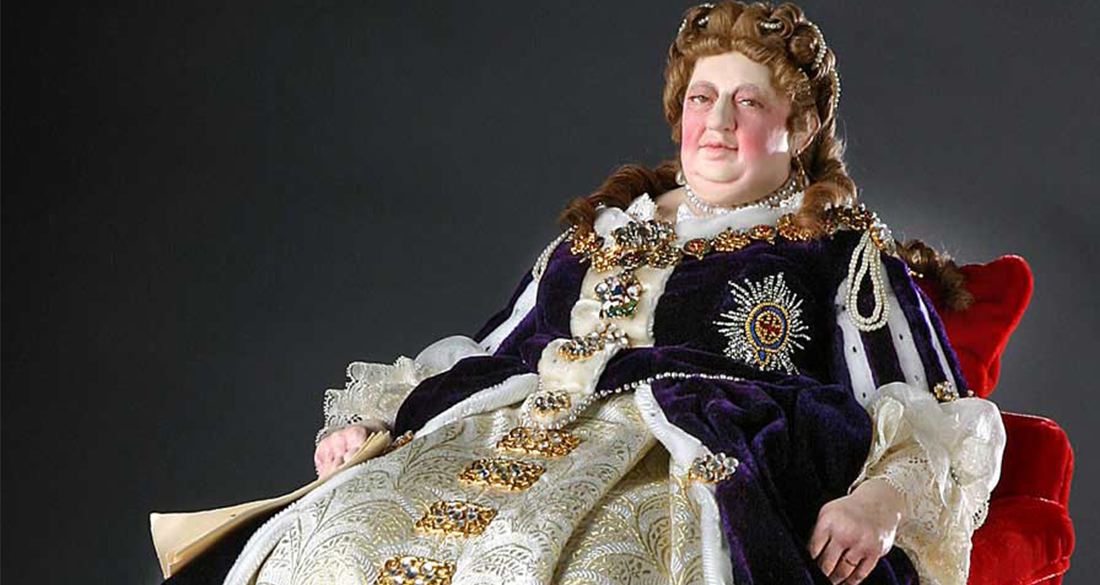


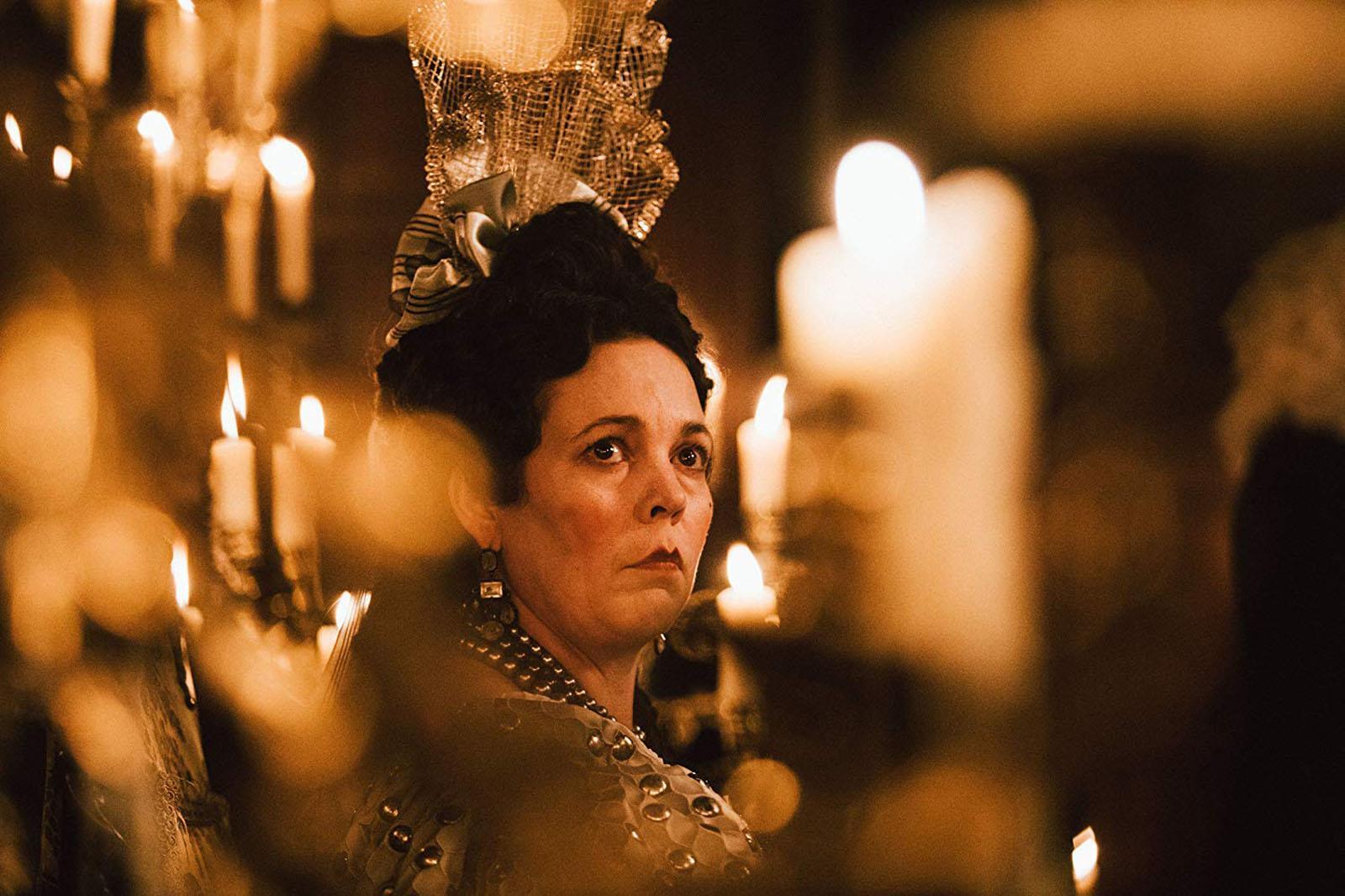
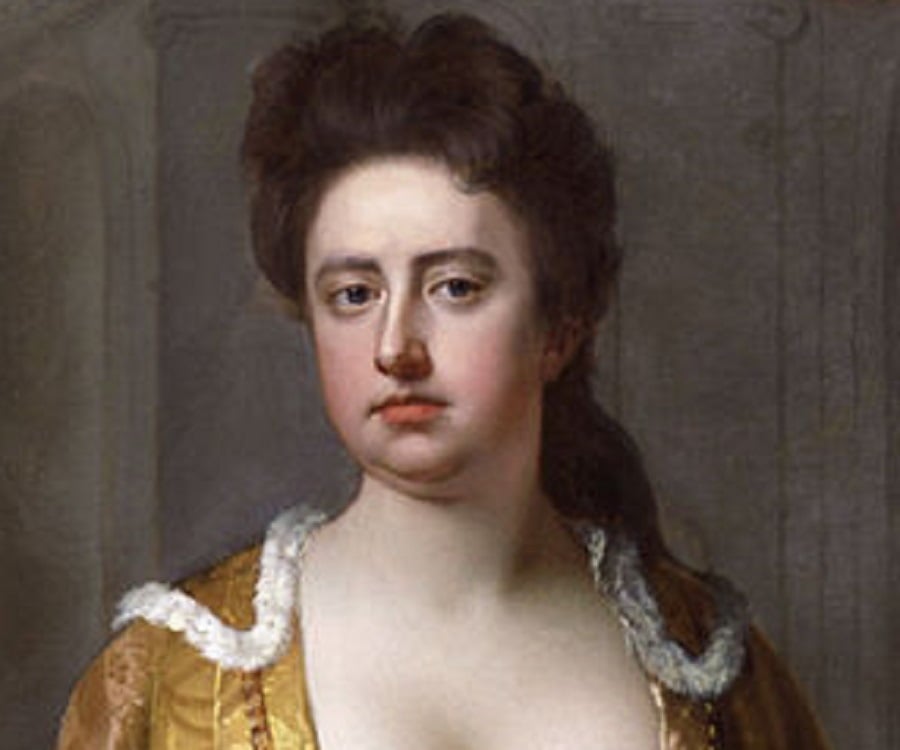
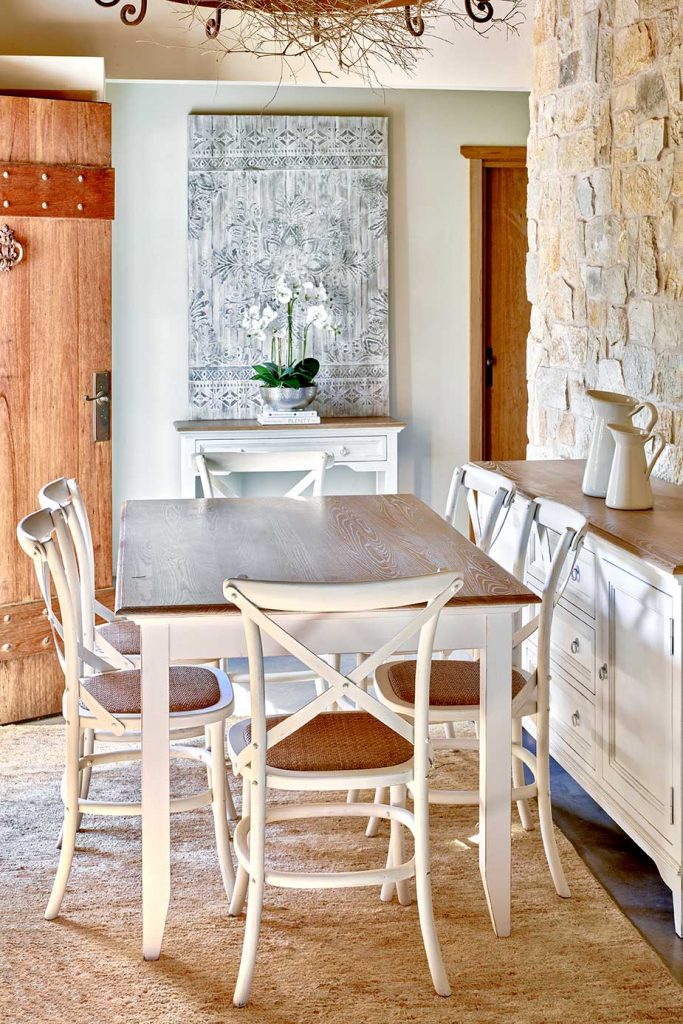



/GettyImages-471826199-25108782b0ea4cc789ea5c6ab3110141.jpg)



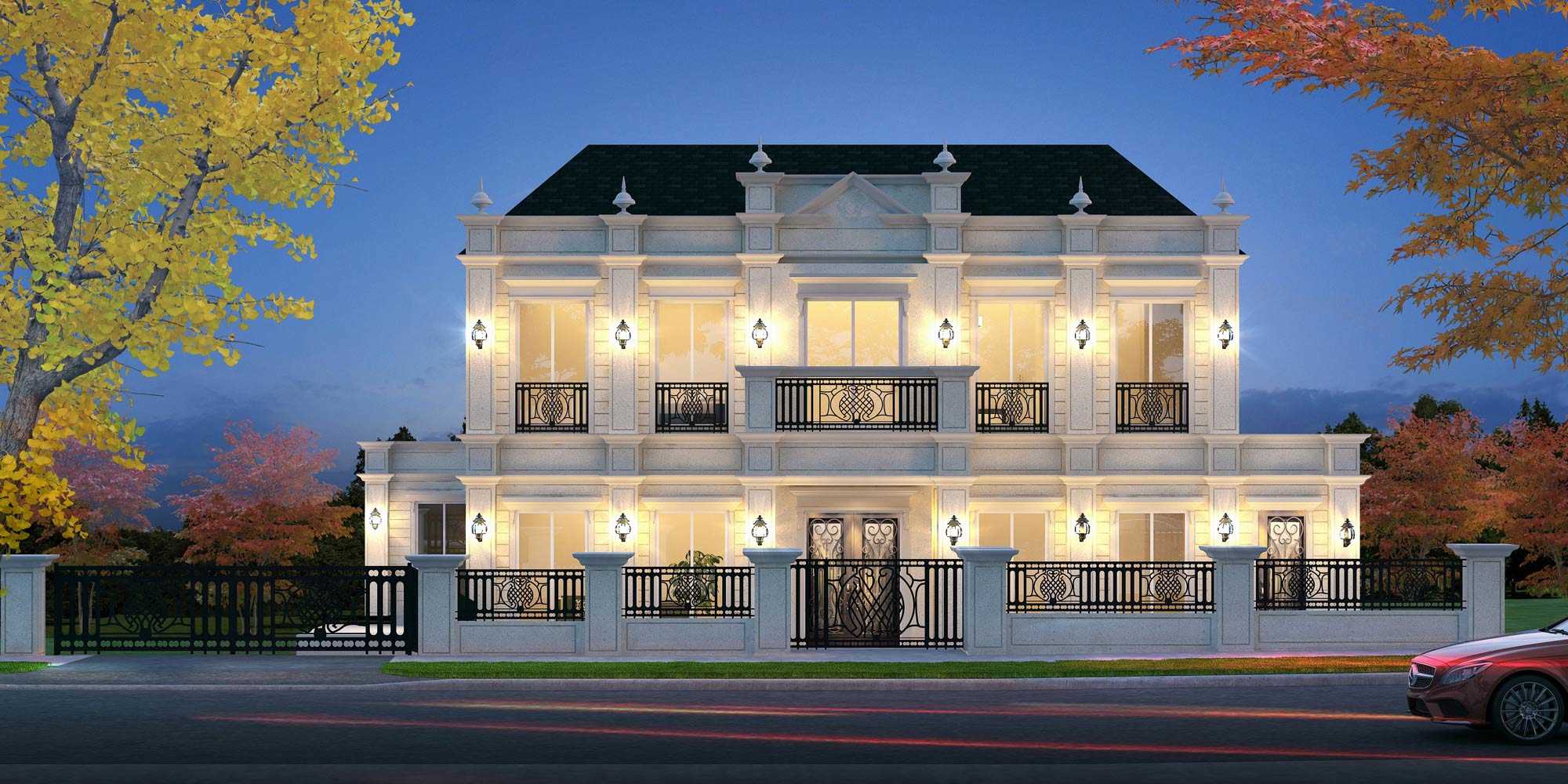


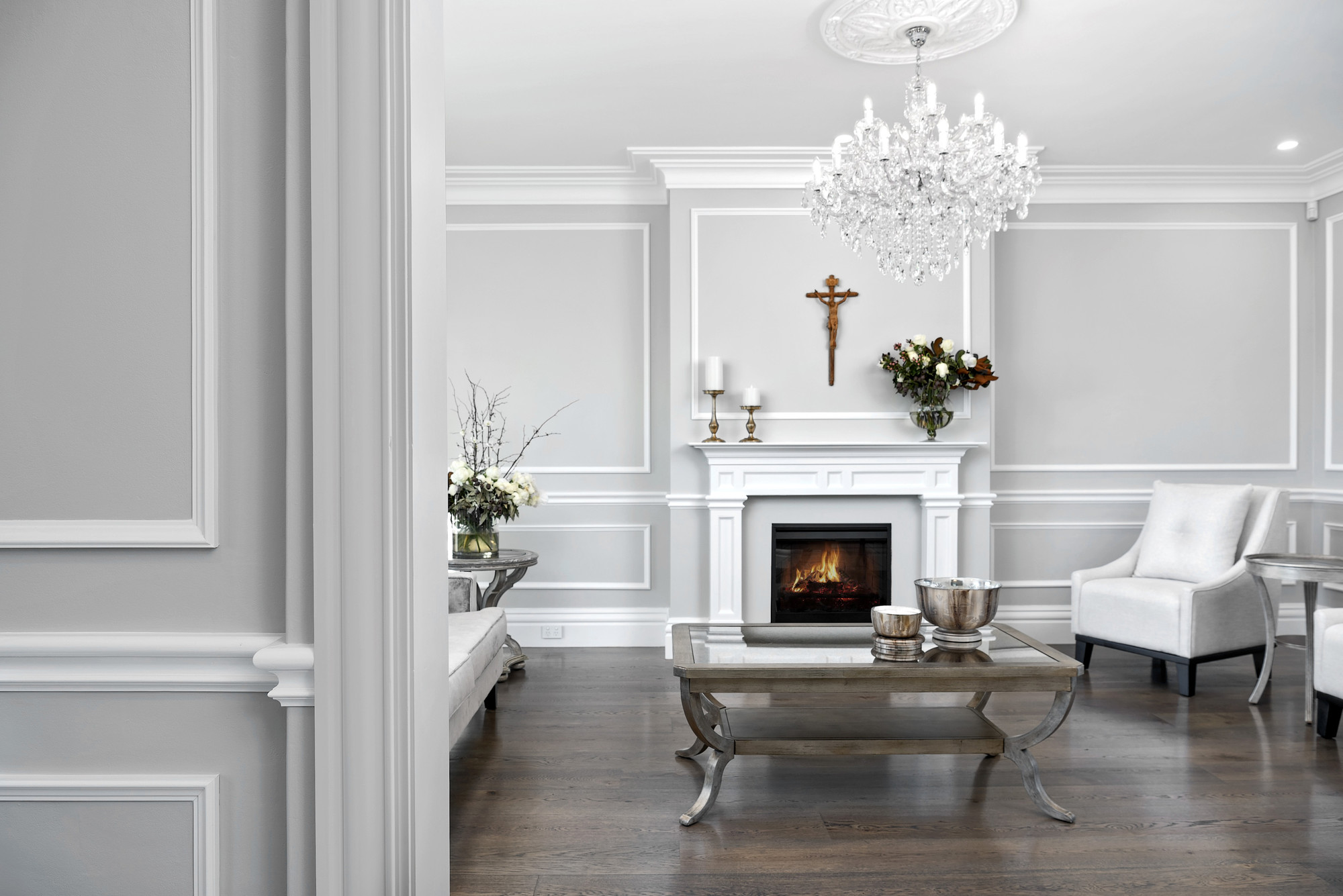
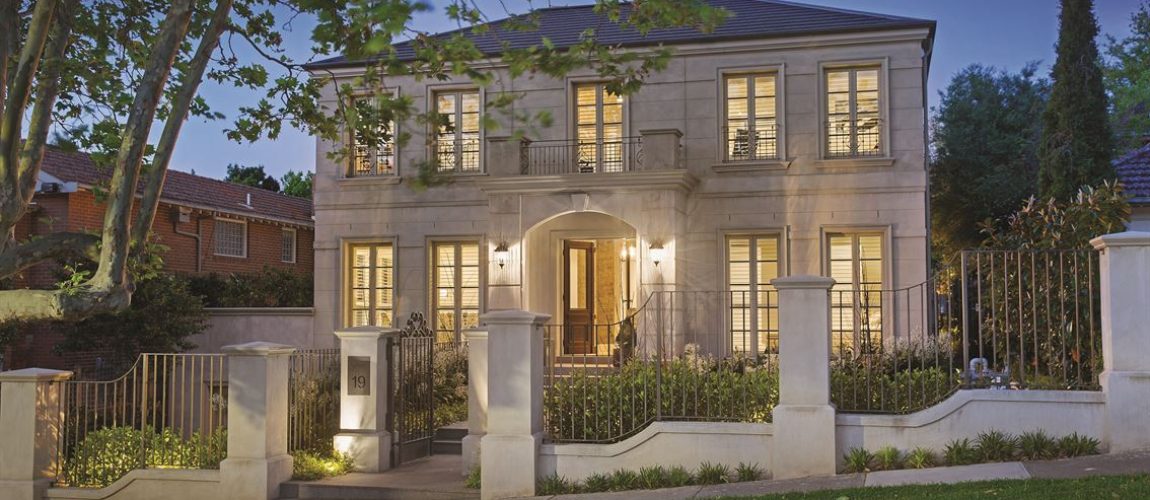



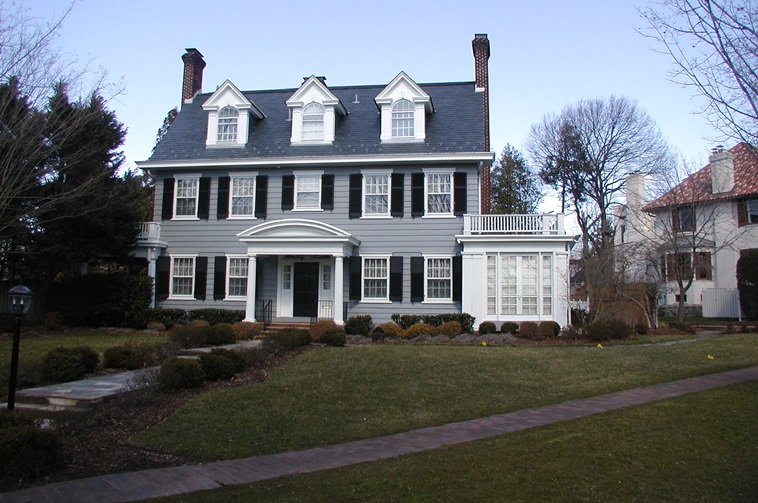
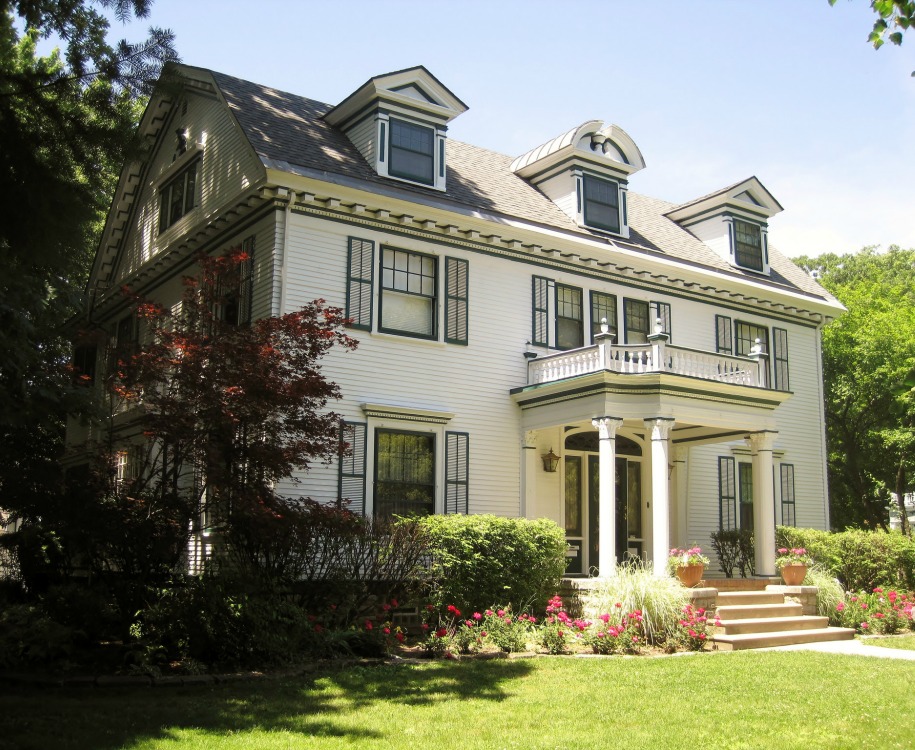
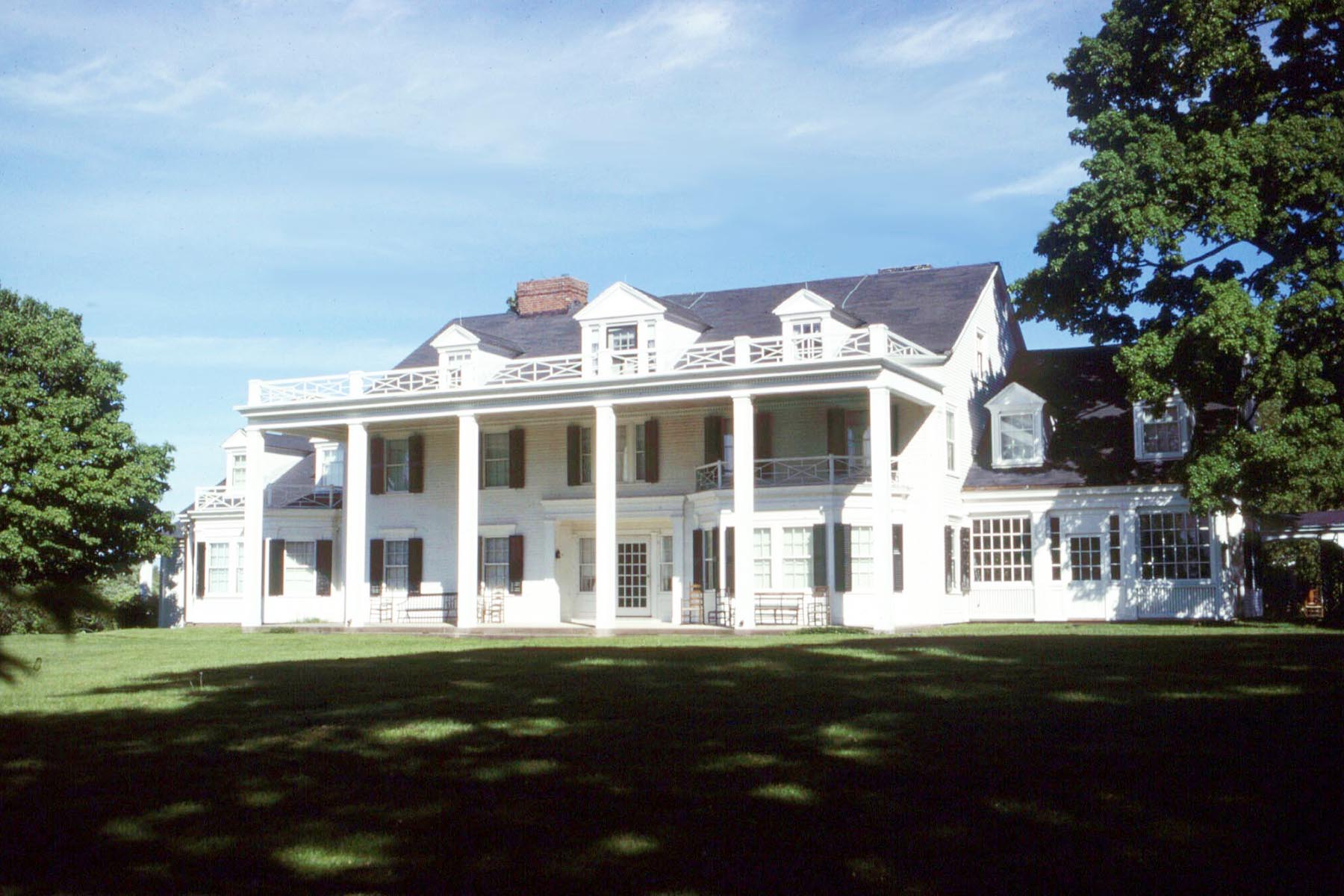

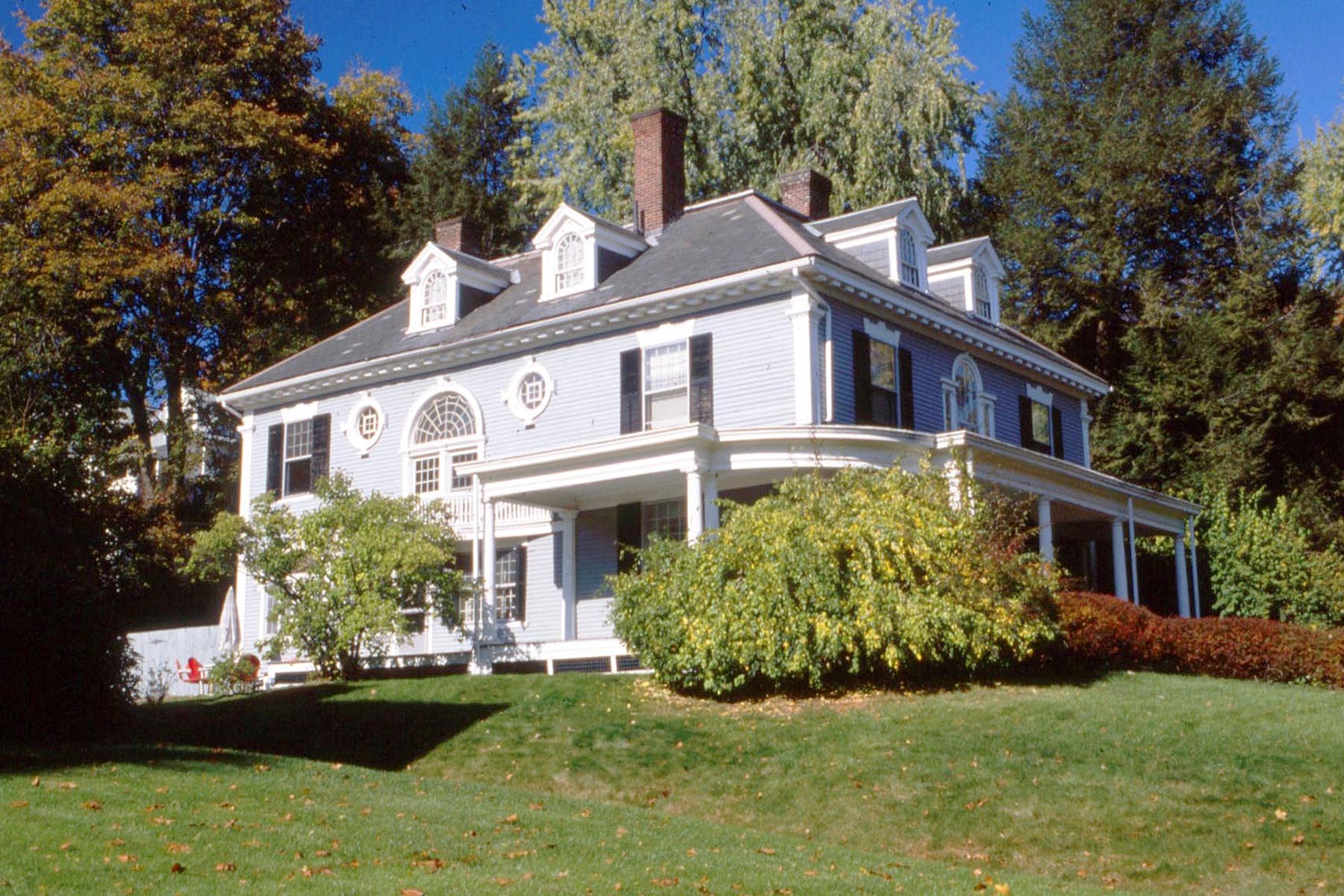

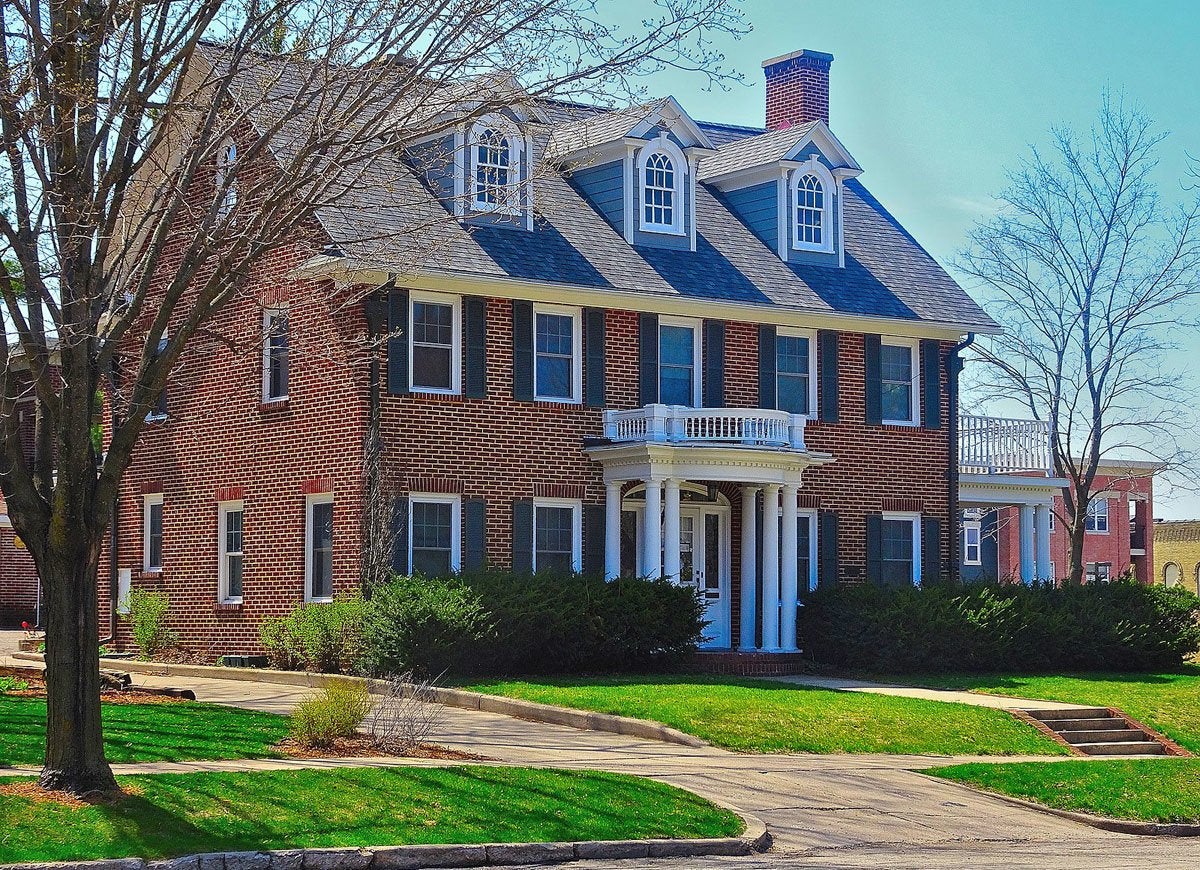


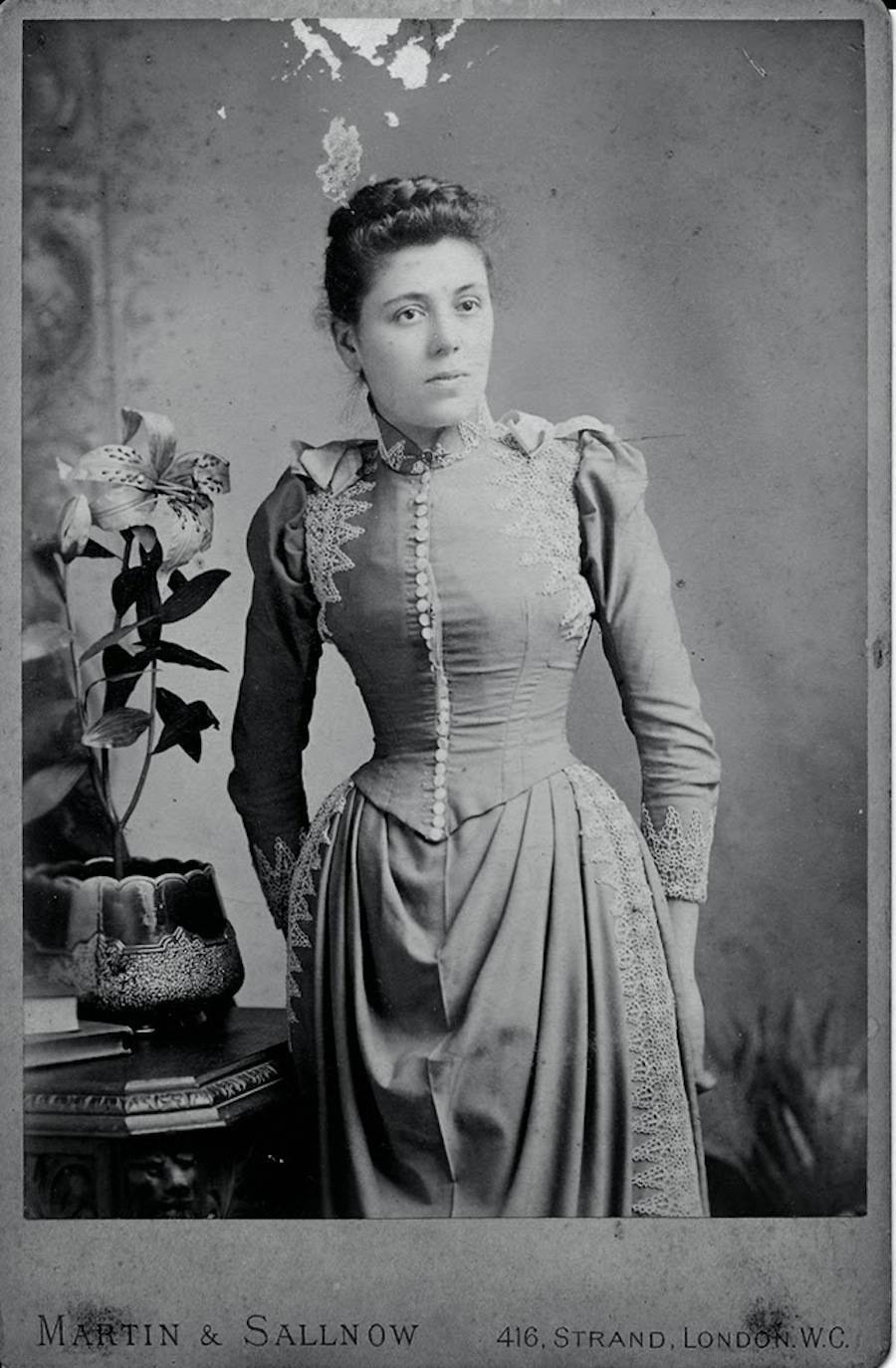



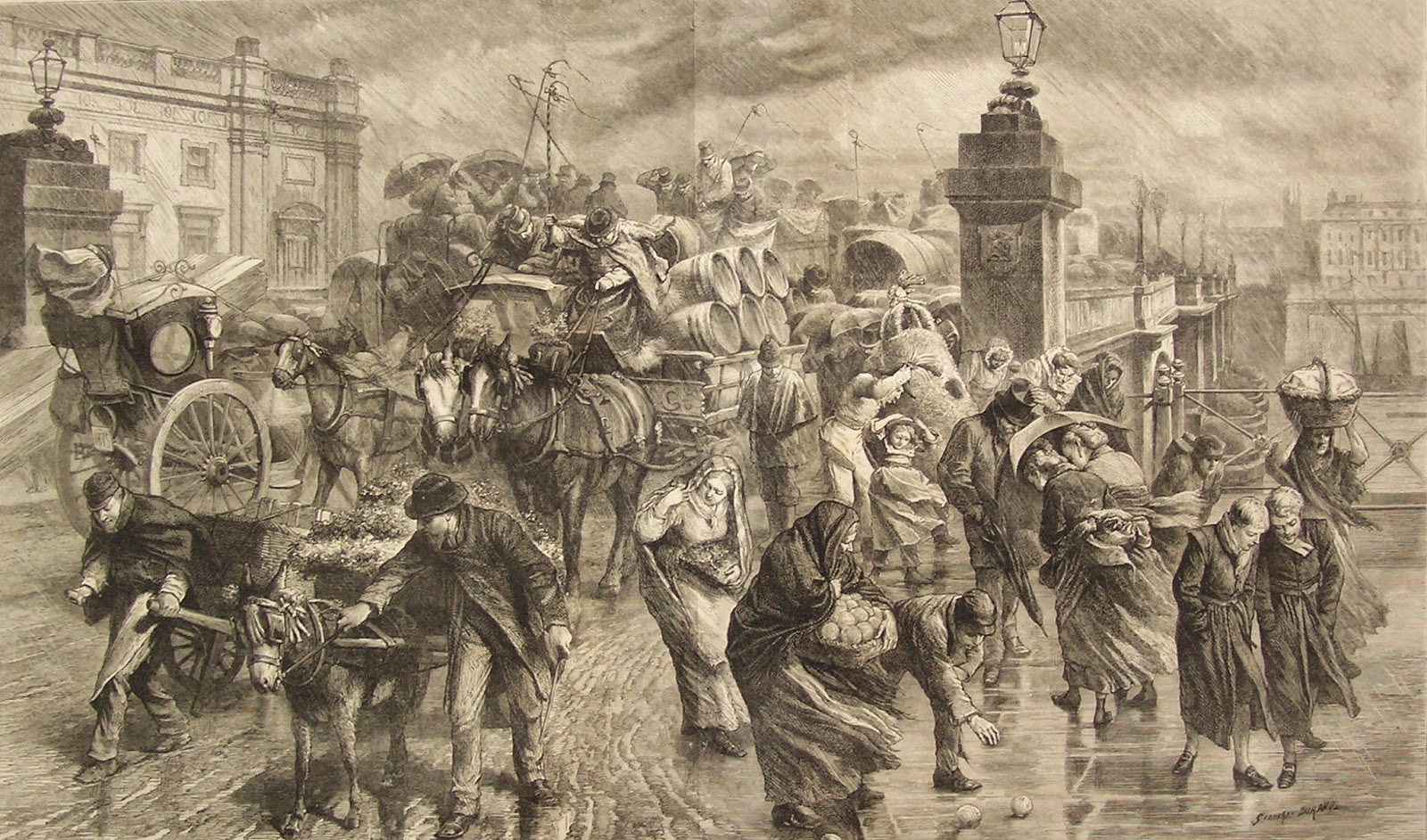



_banner.jpg?itok=Km51IMa6)
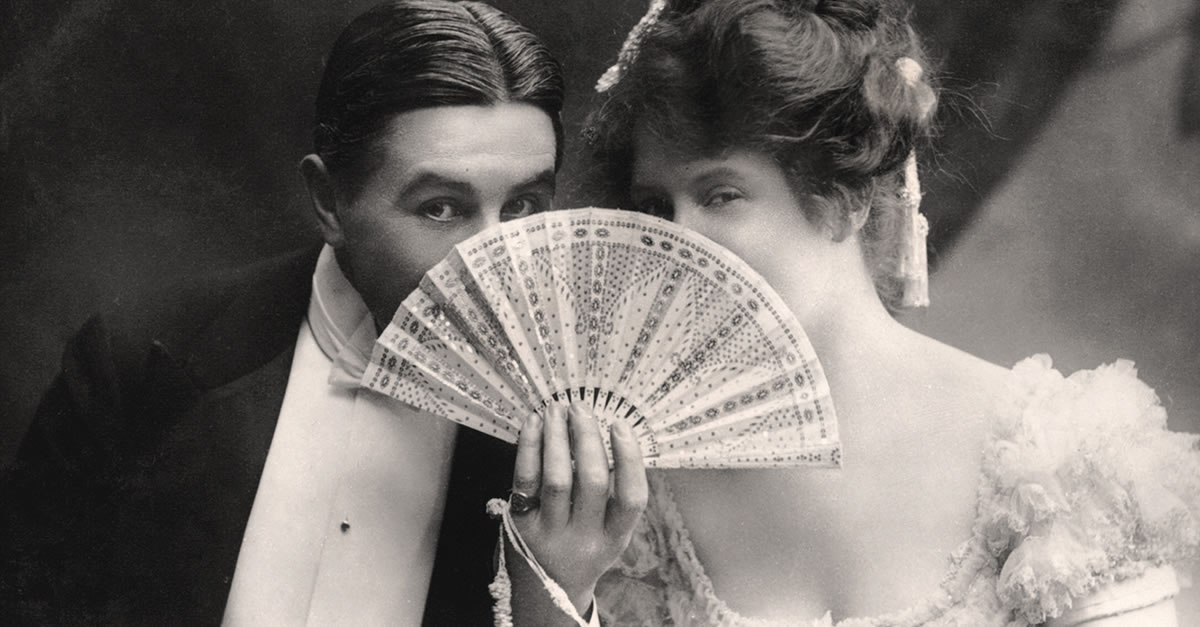

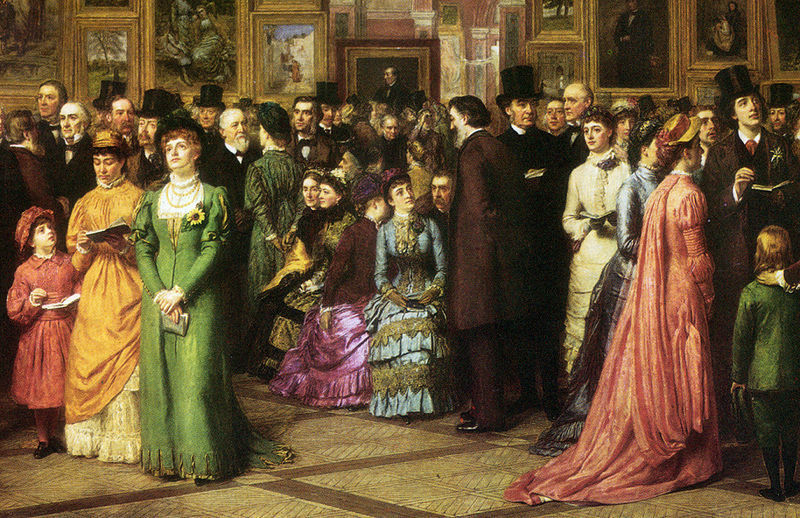


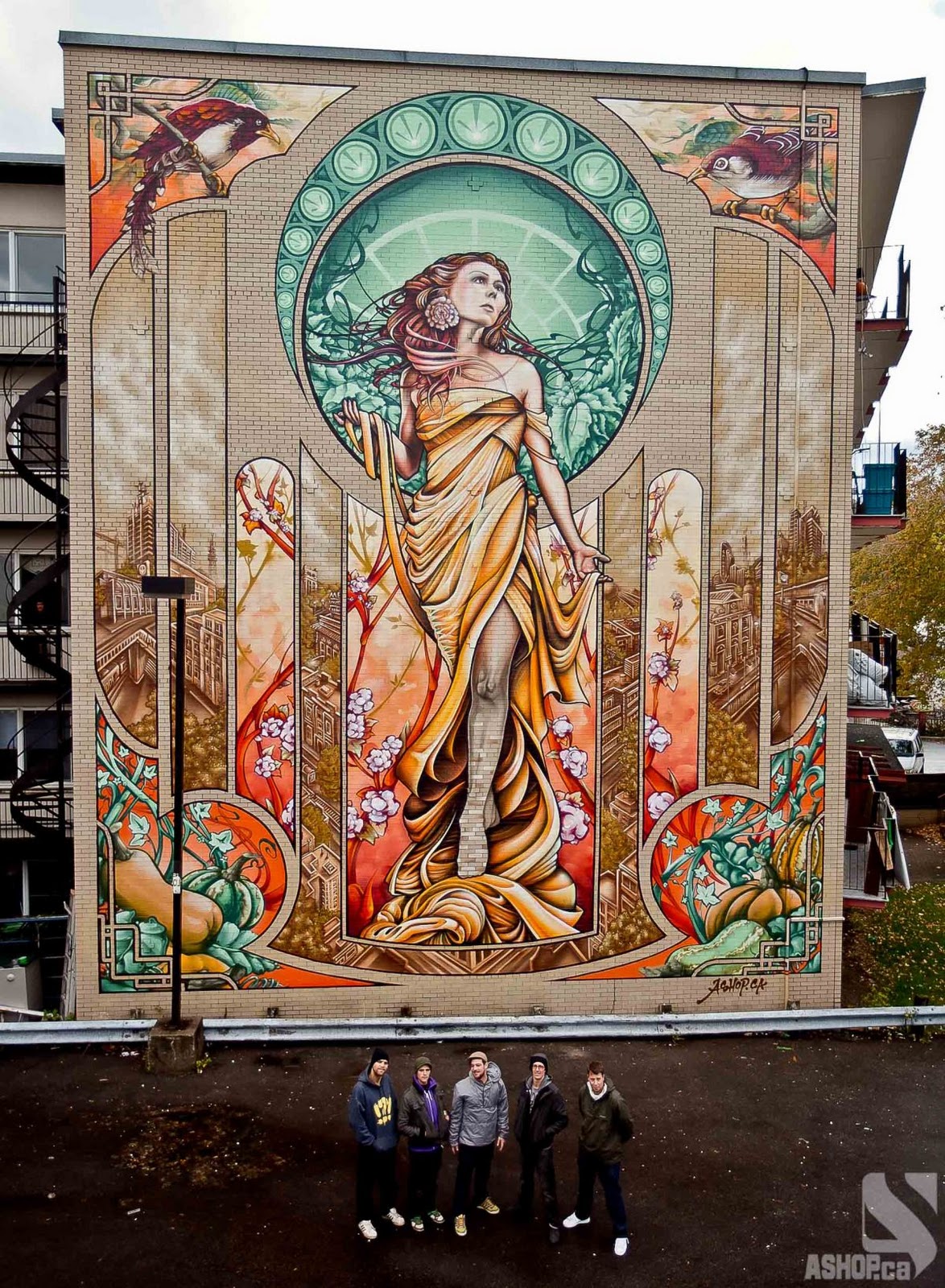

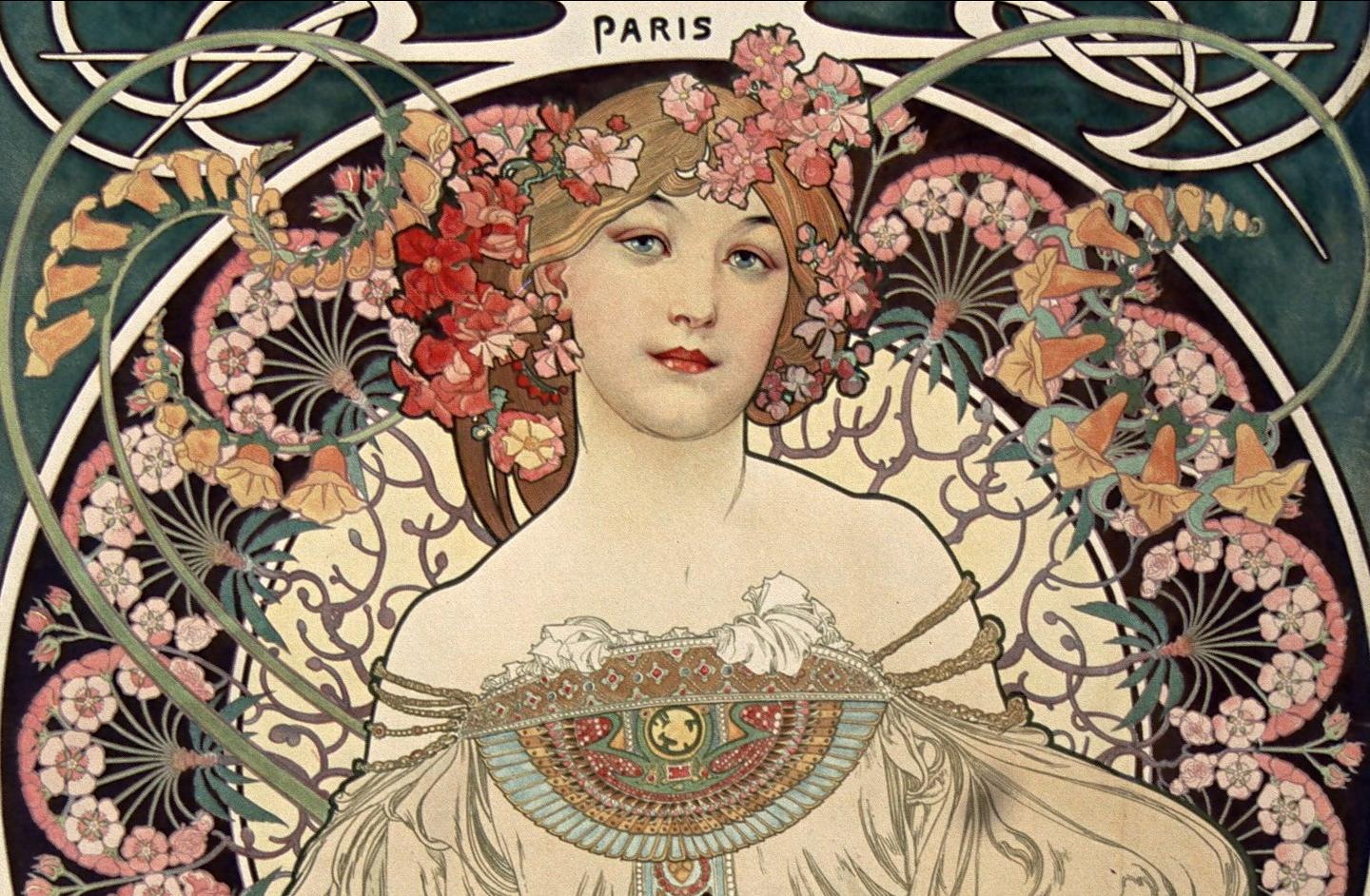


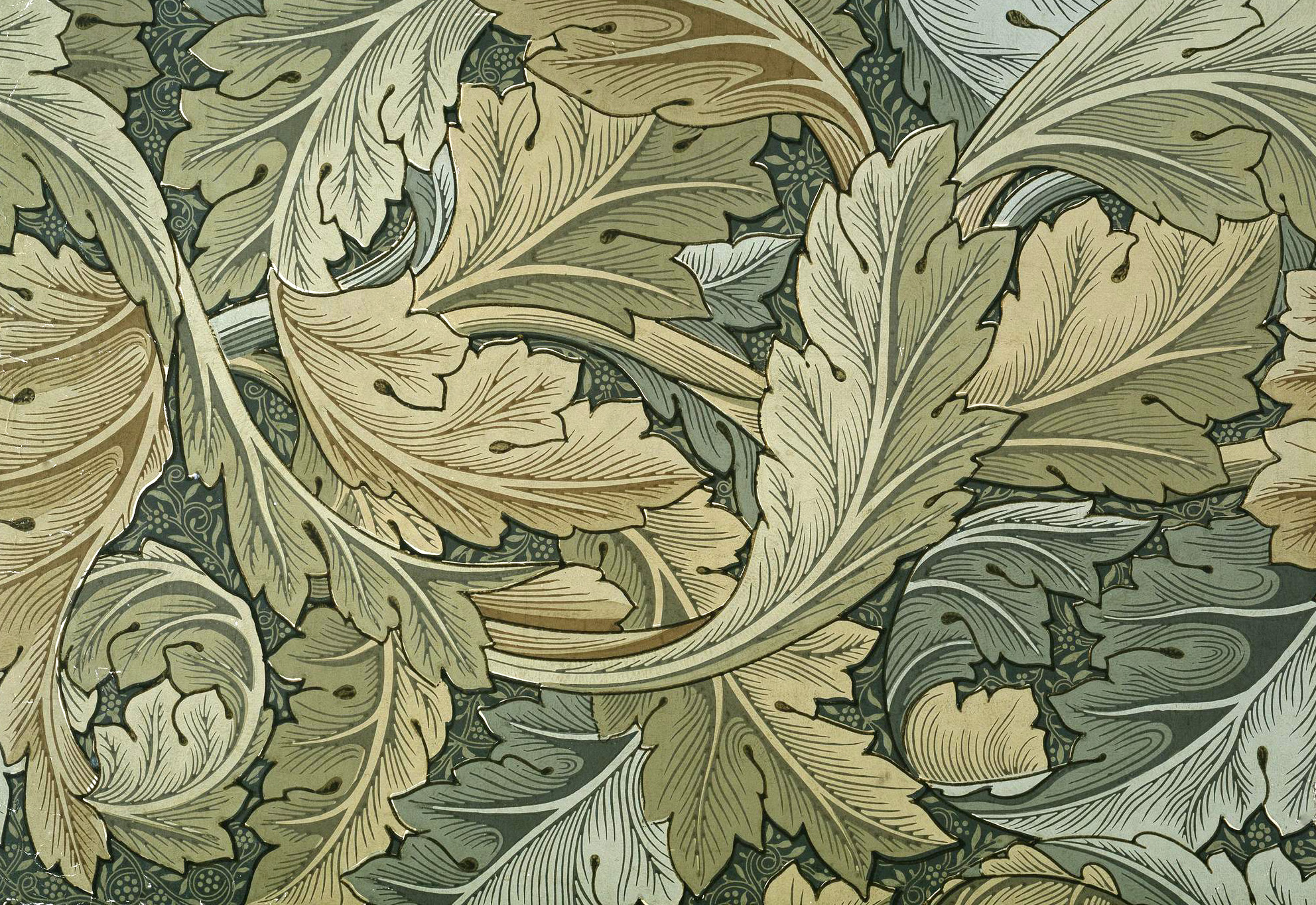






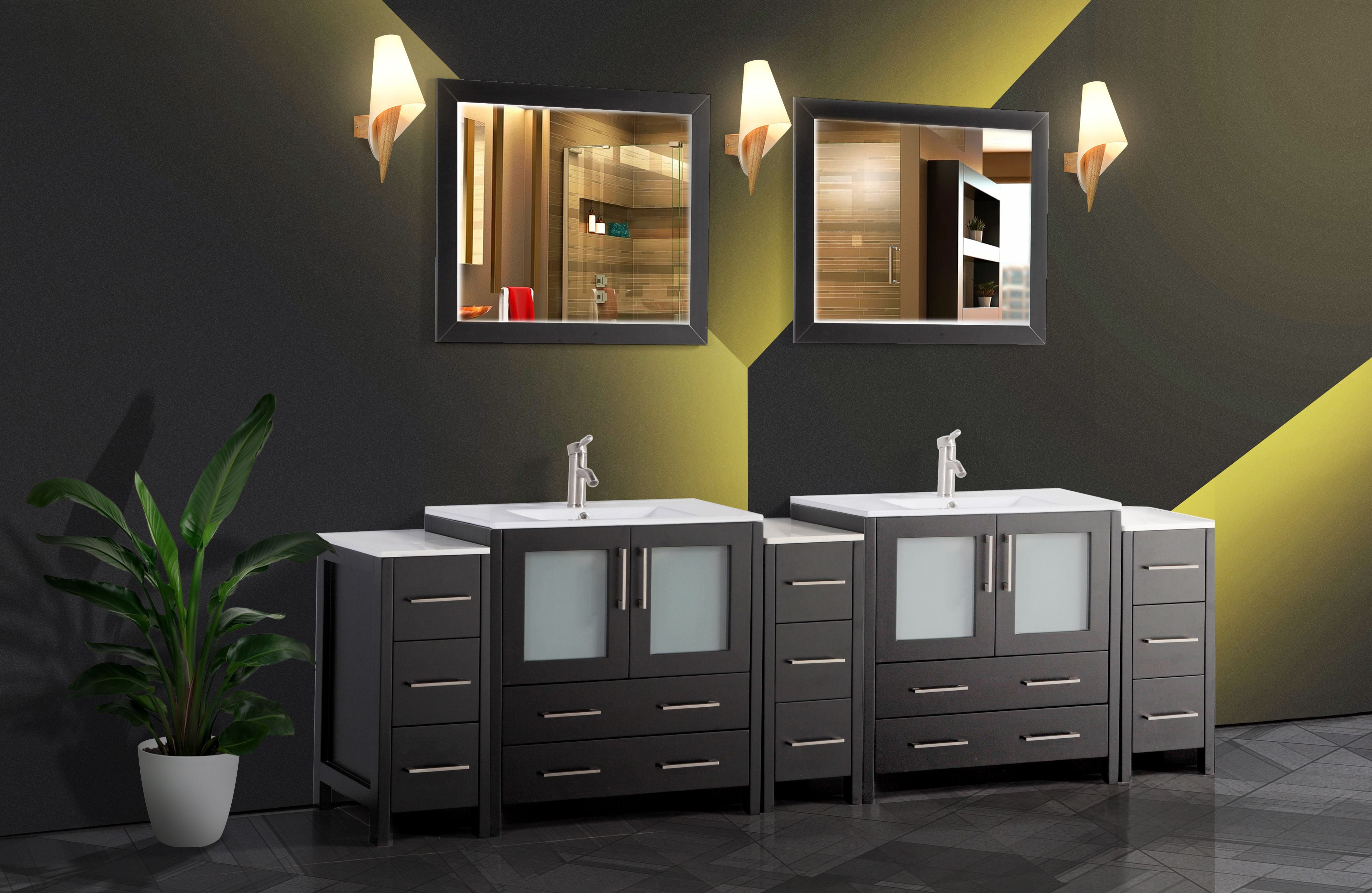
/dining-room-table-decor-ideas-21-mindy-gayer-marigold-project-6a8c8379f8c94eb785747e3305803588.jpg)
